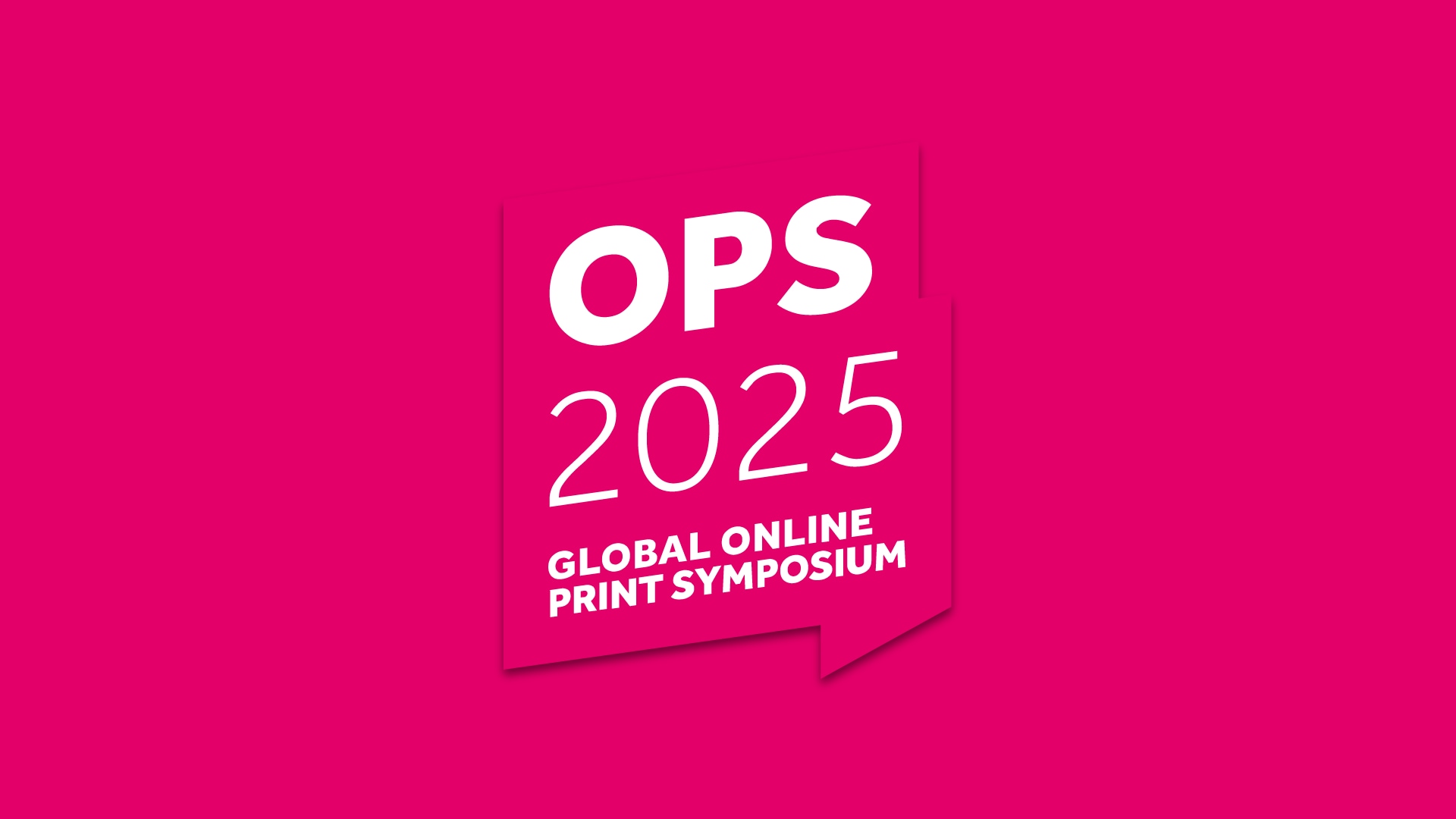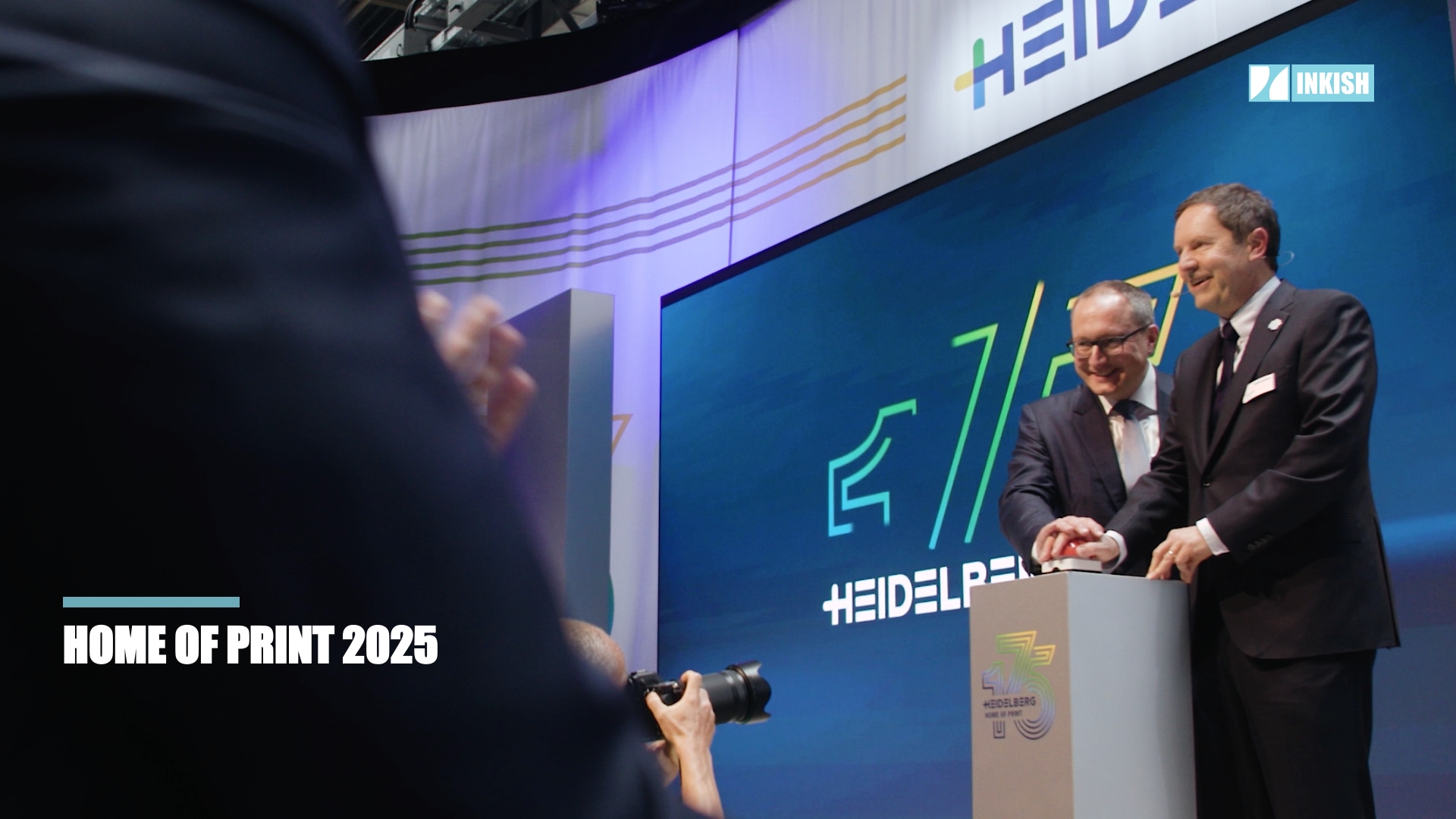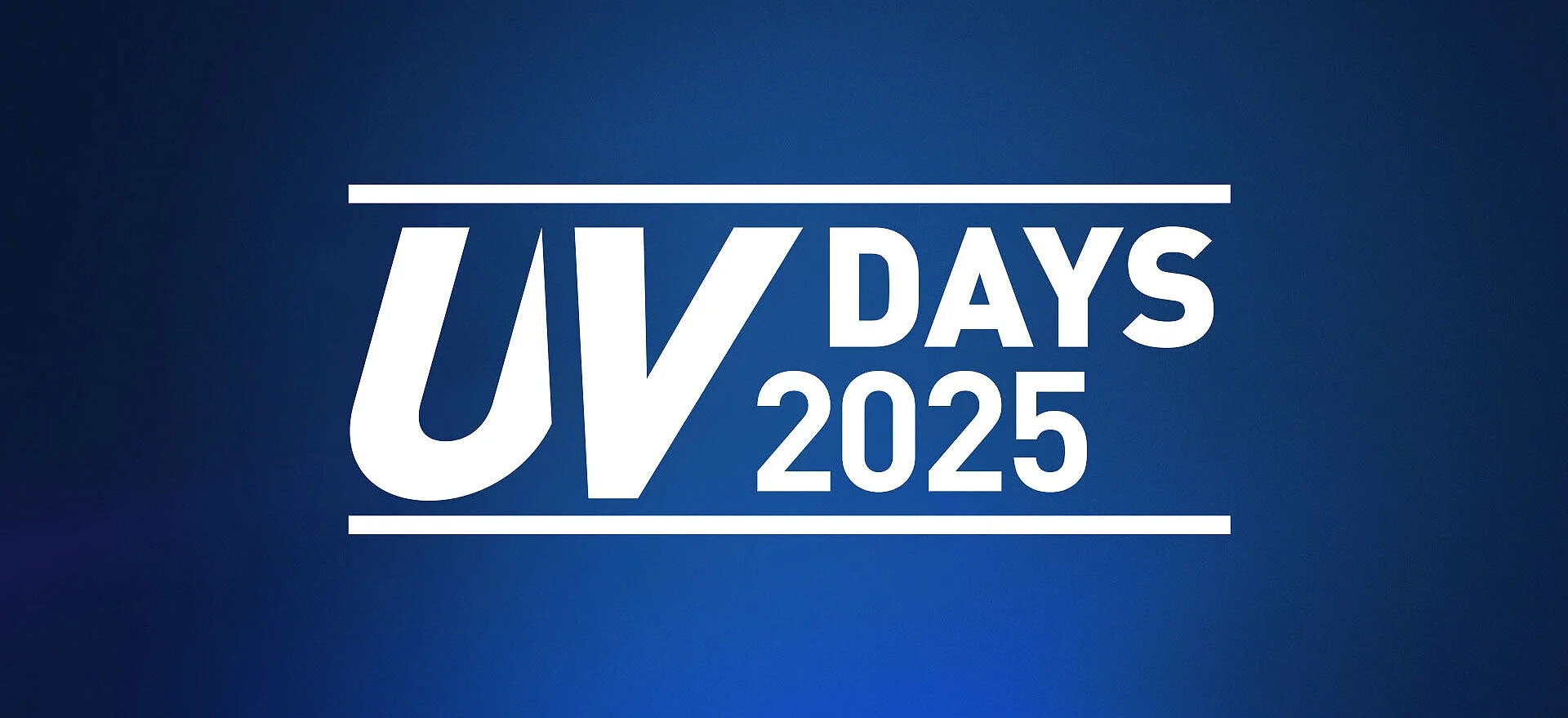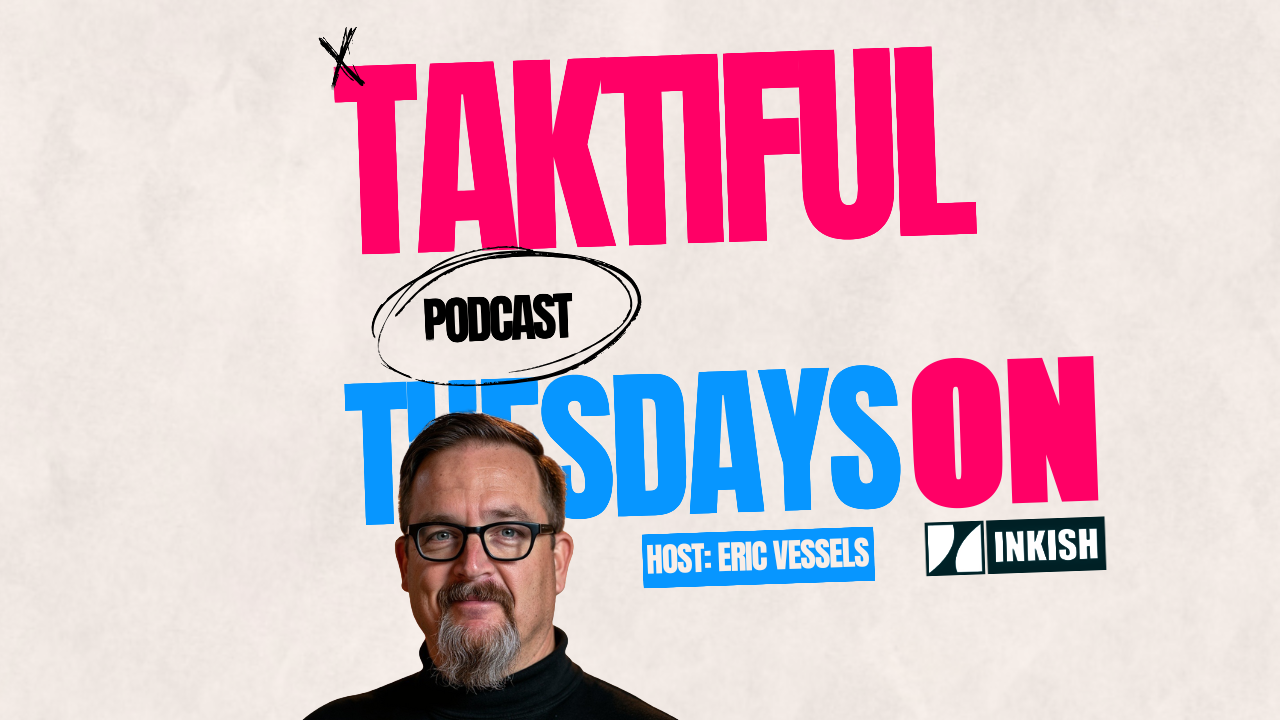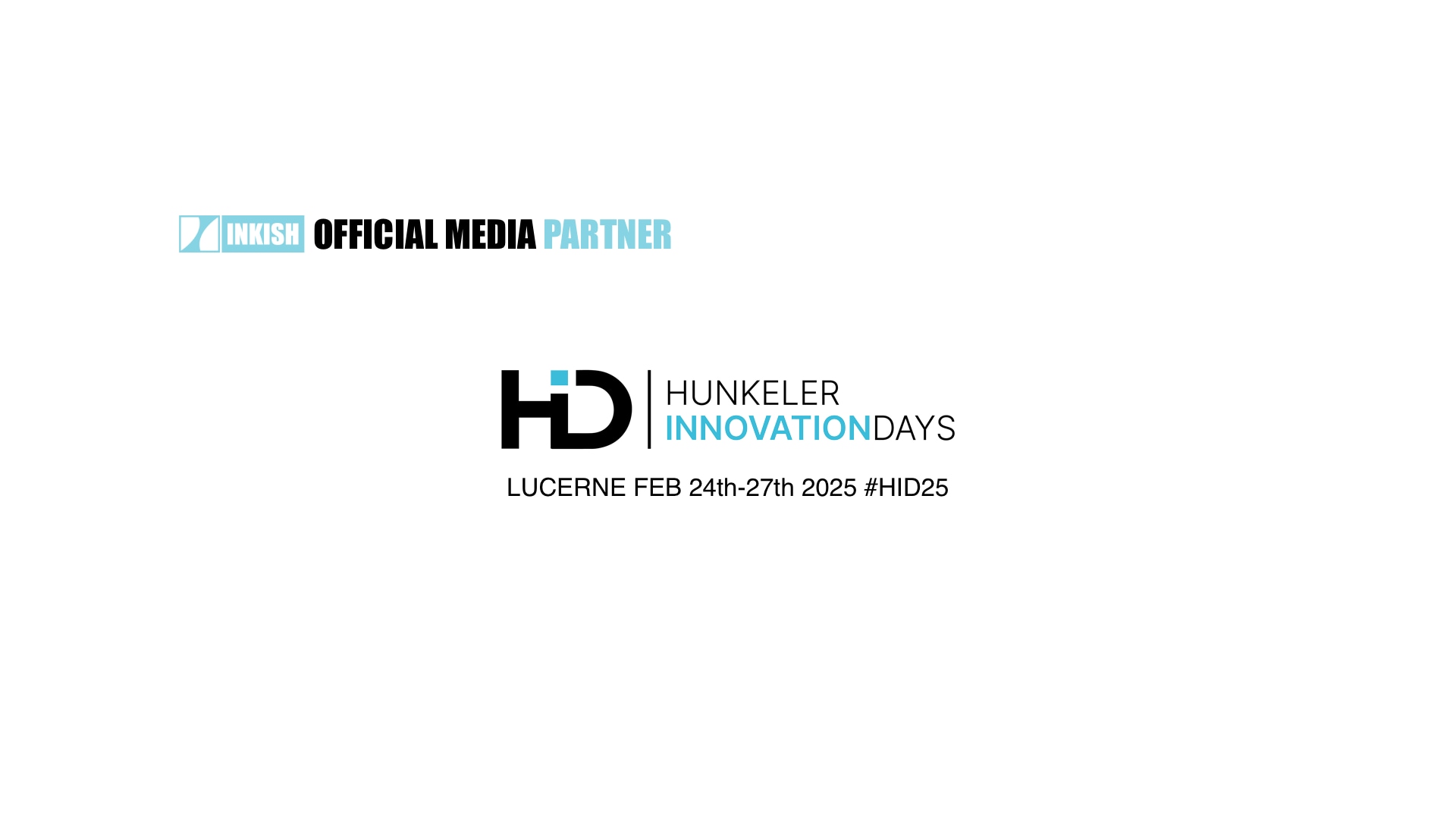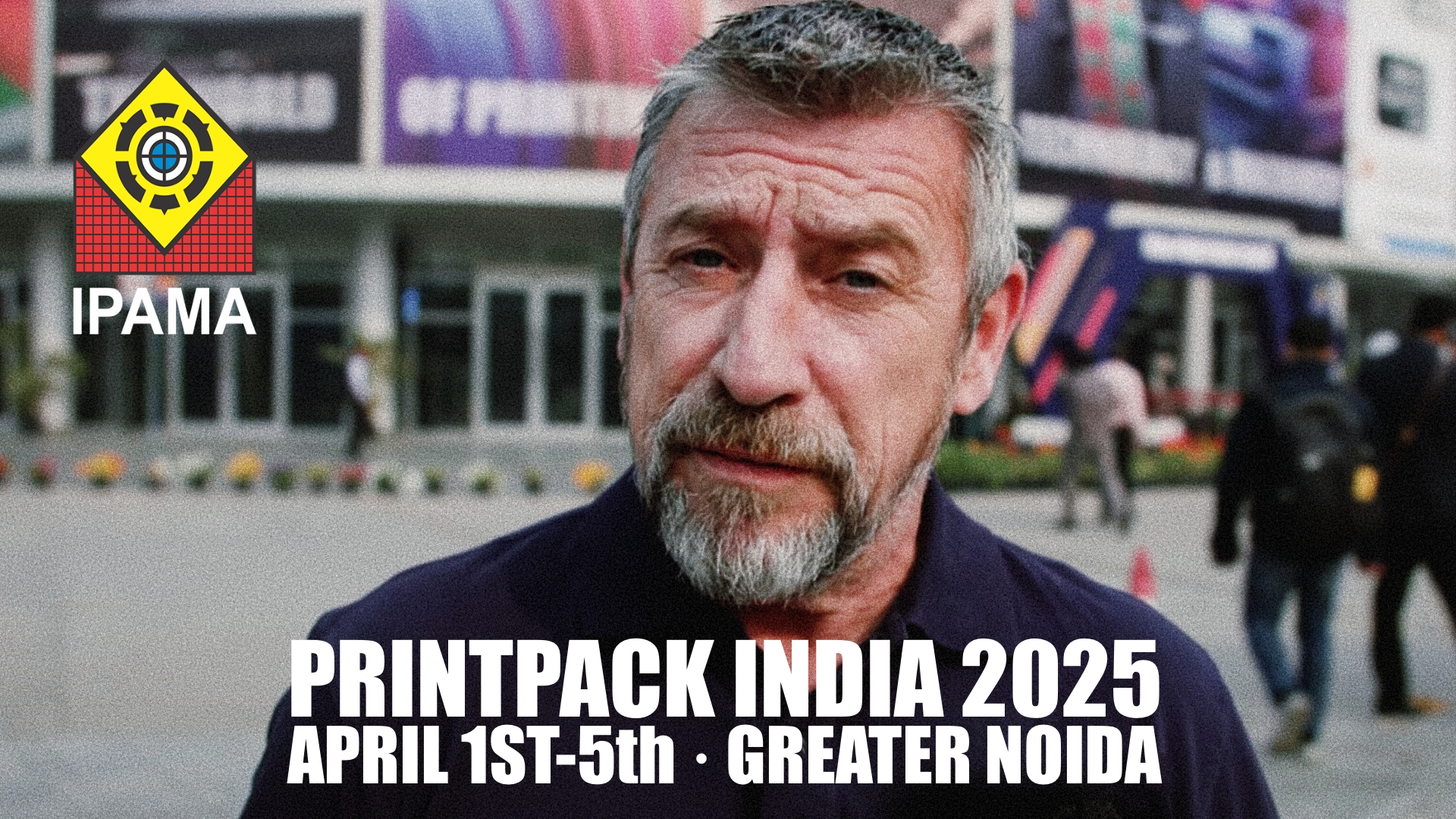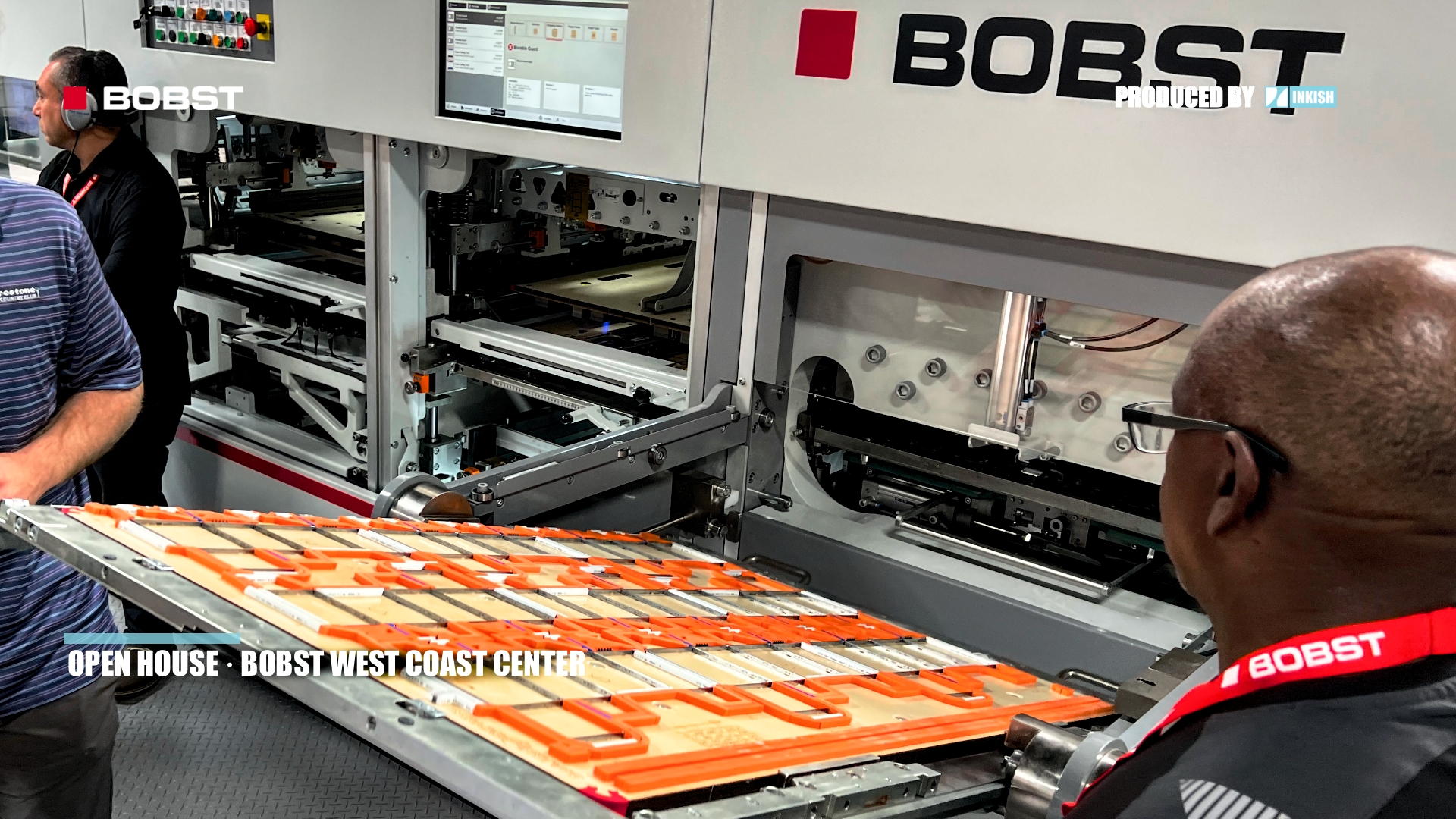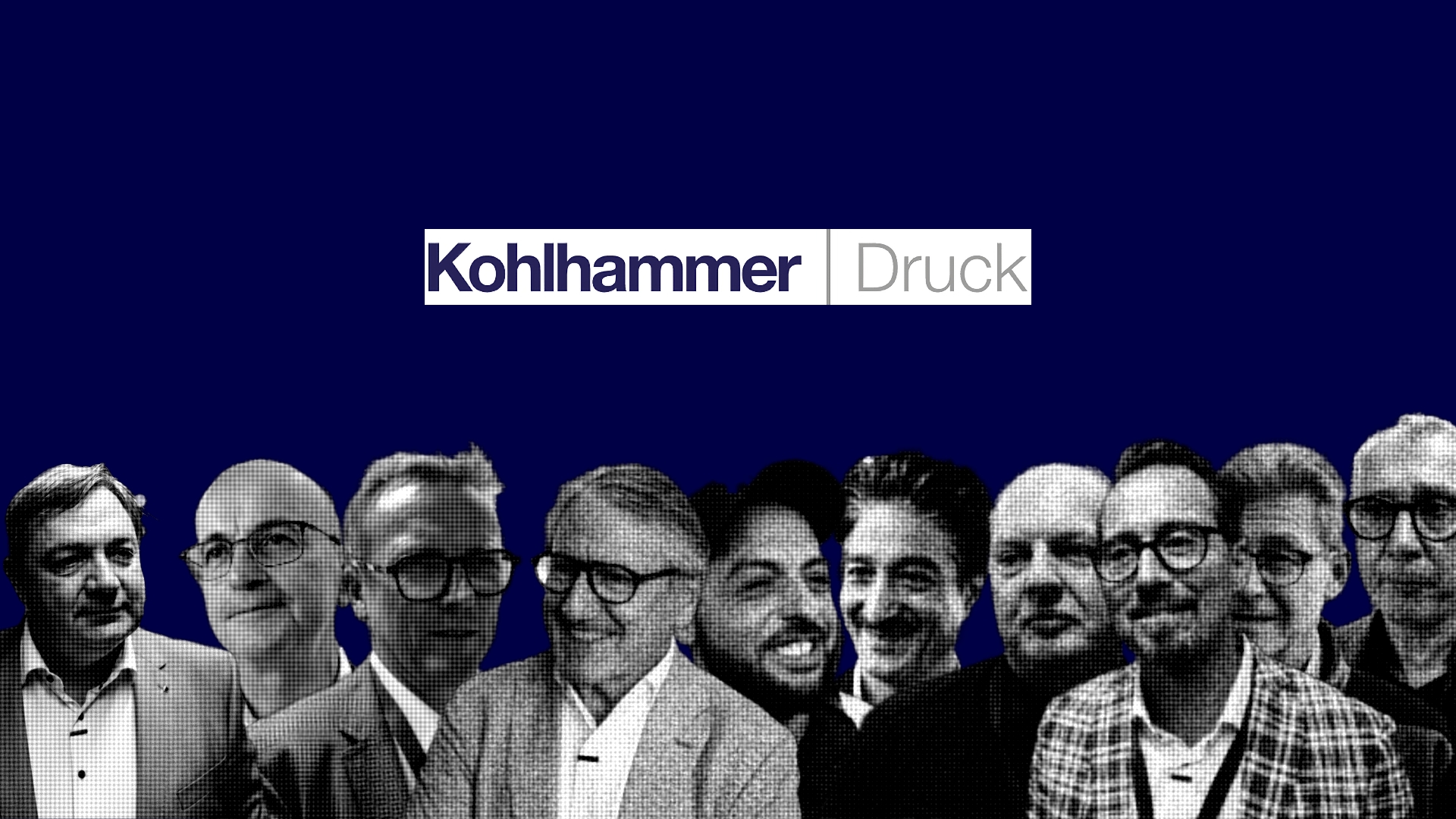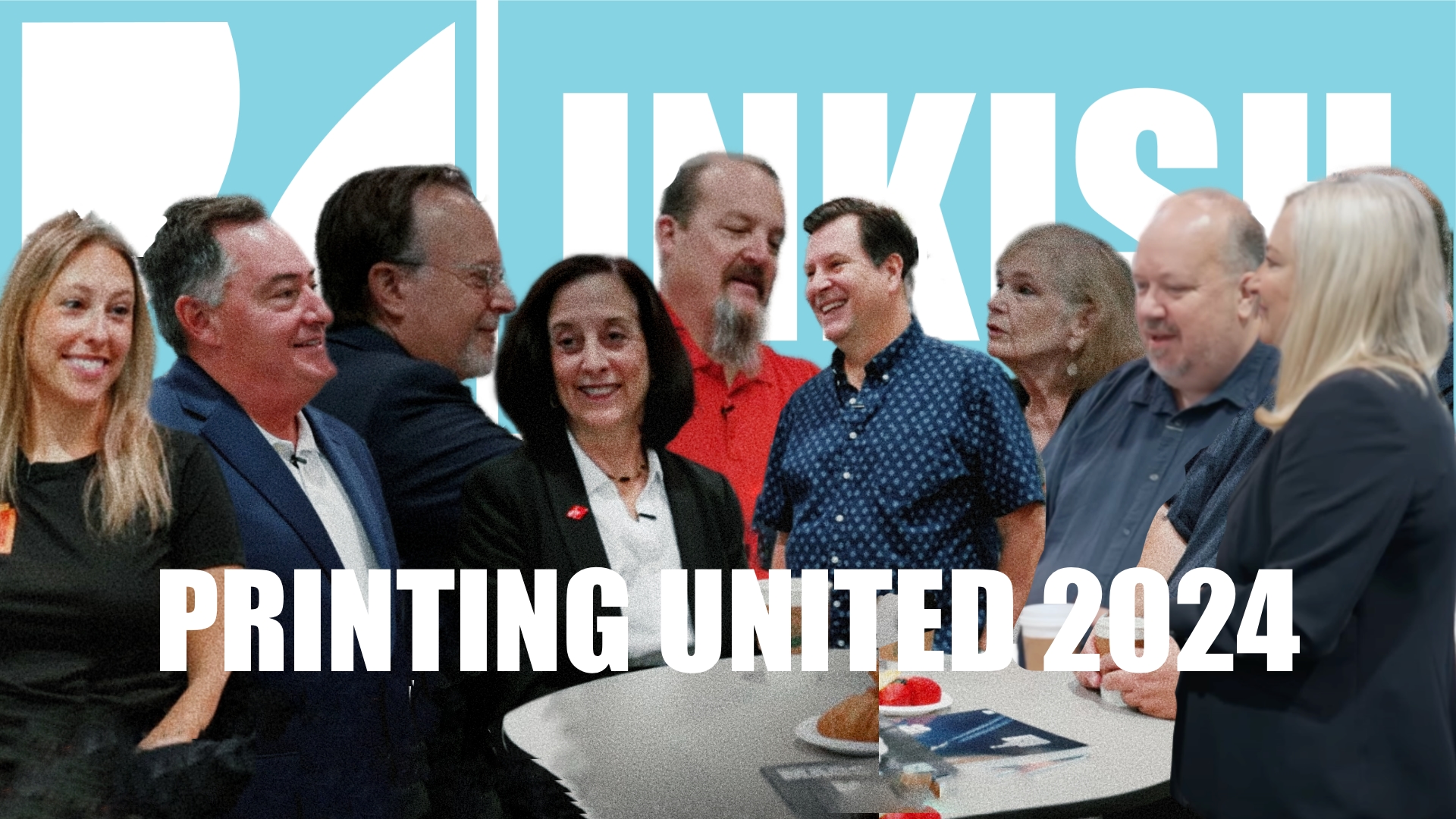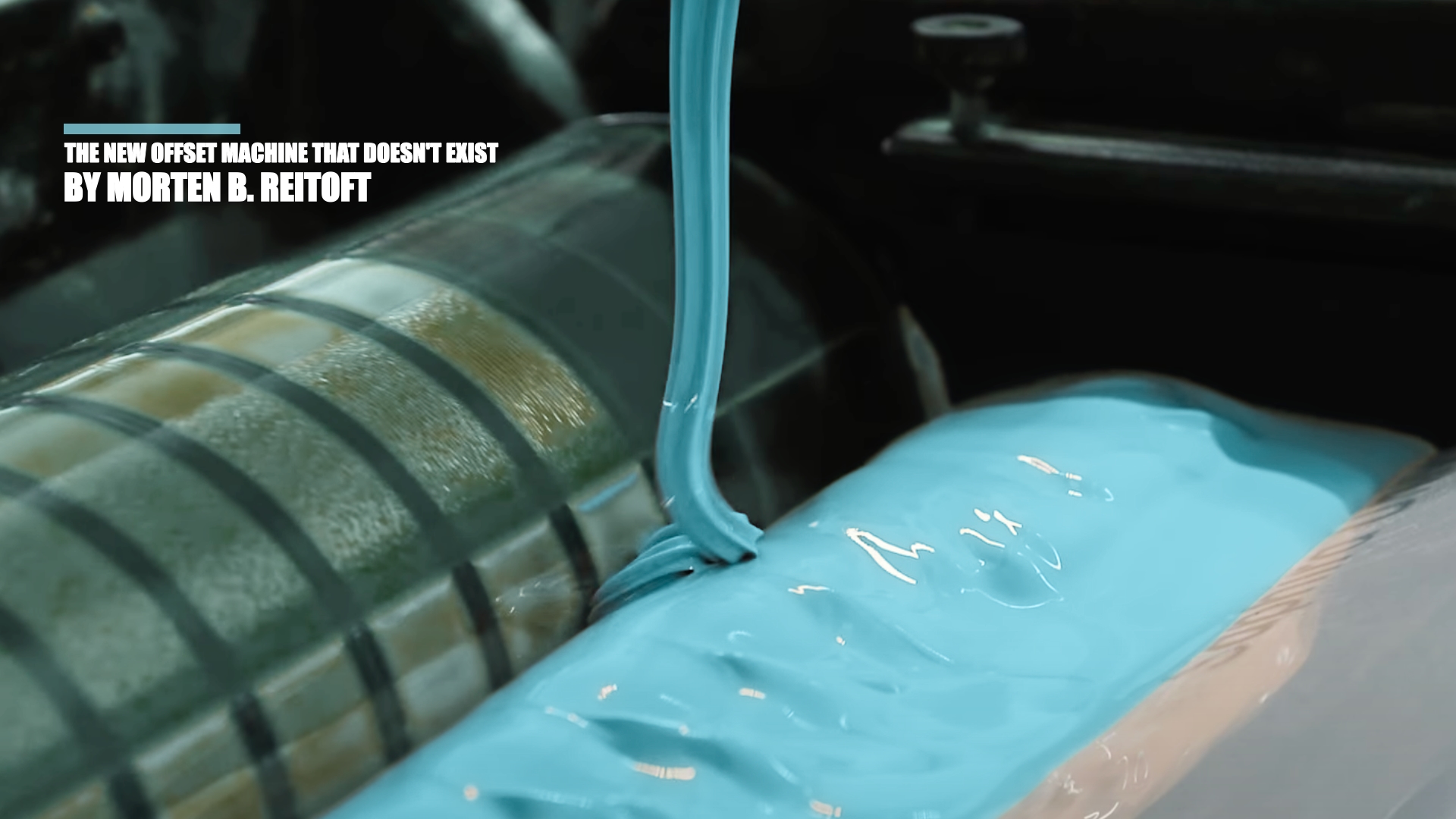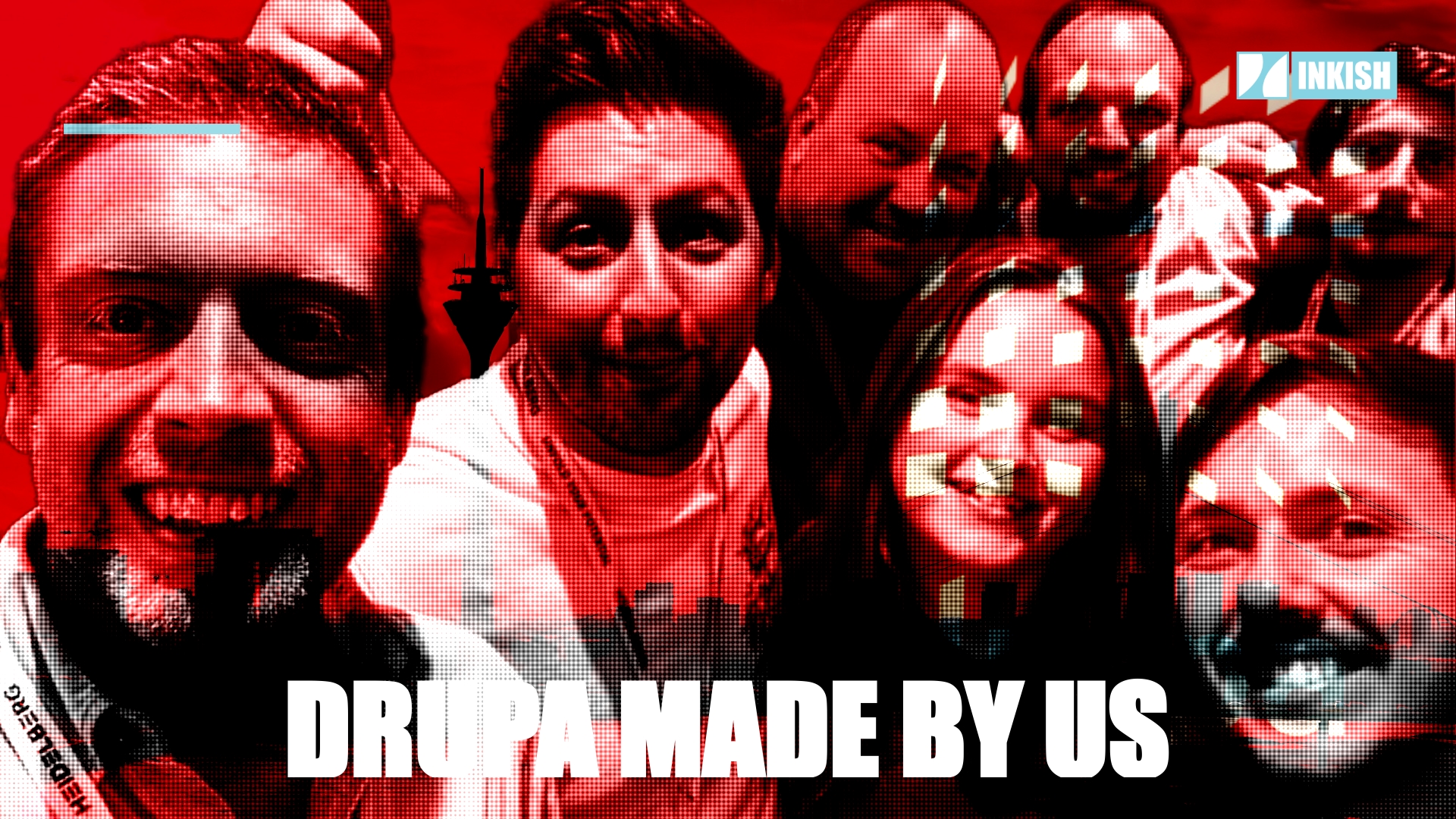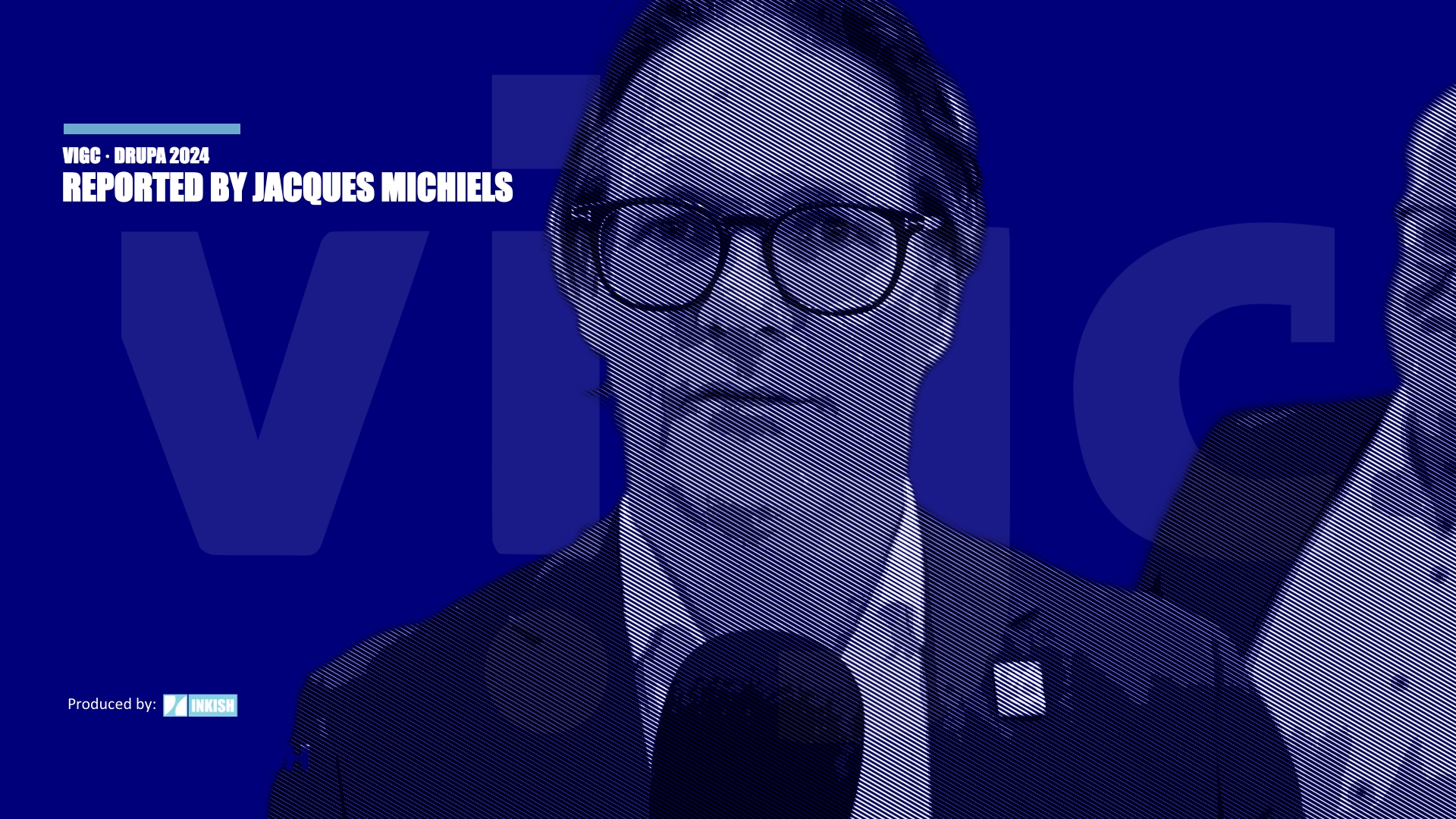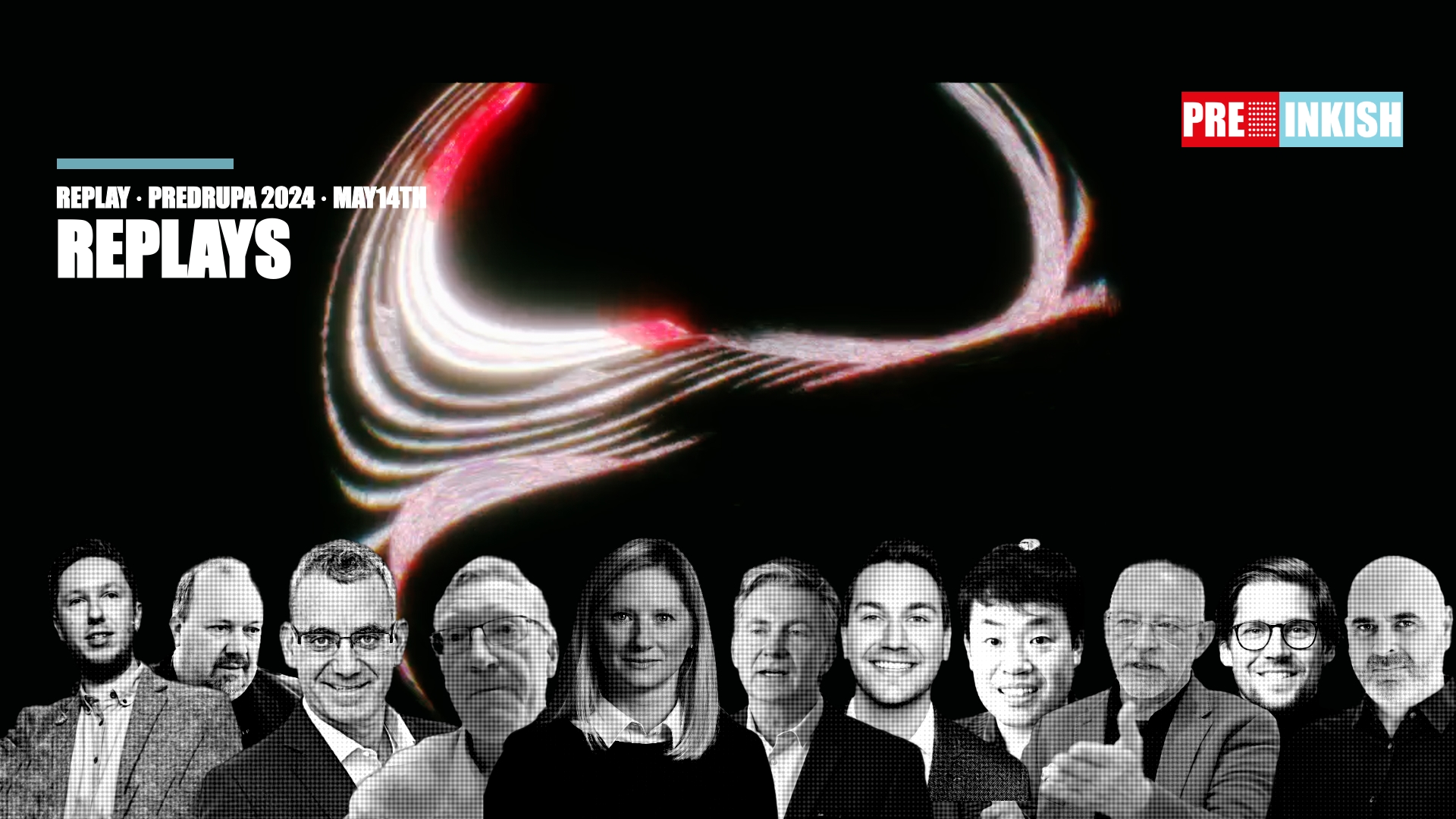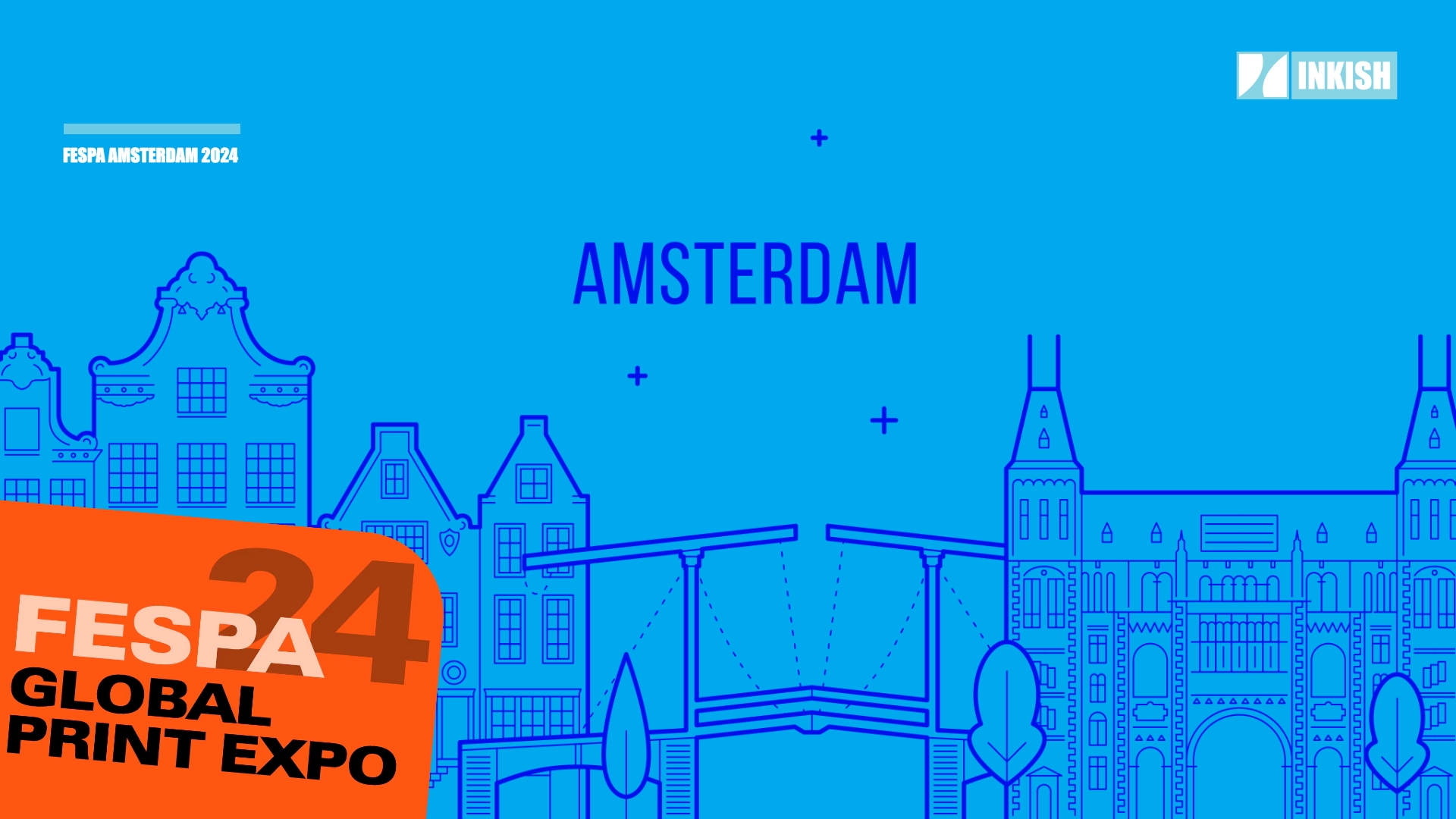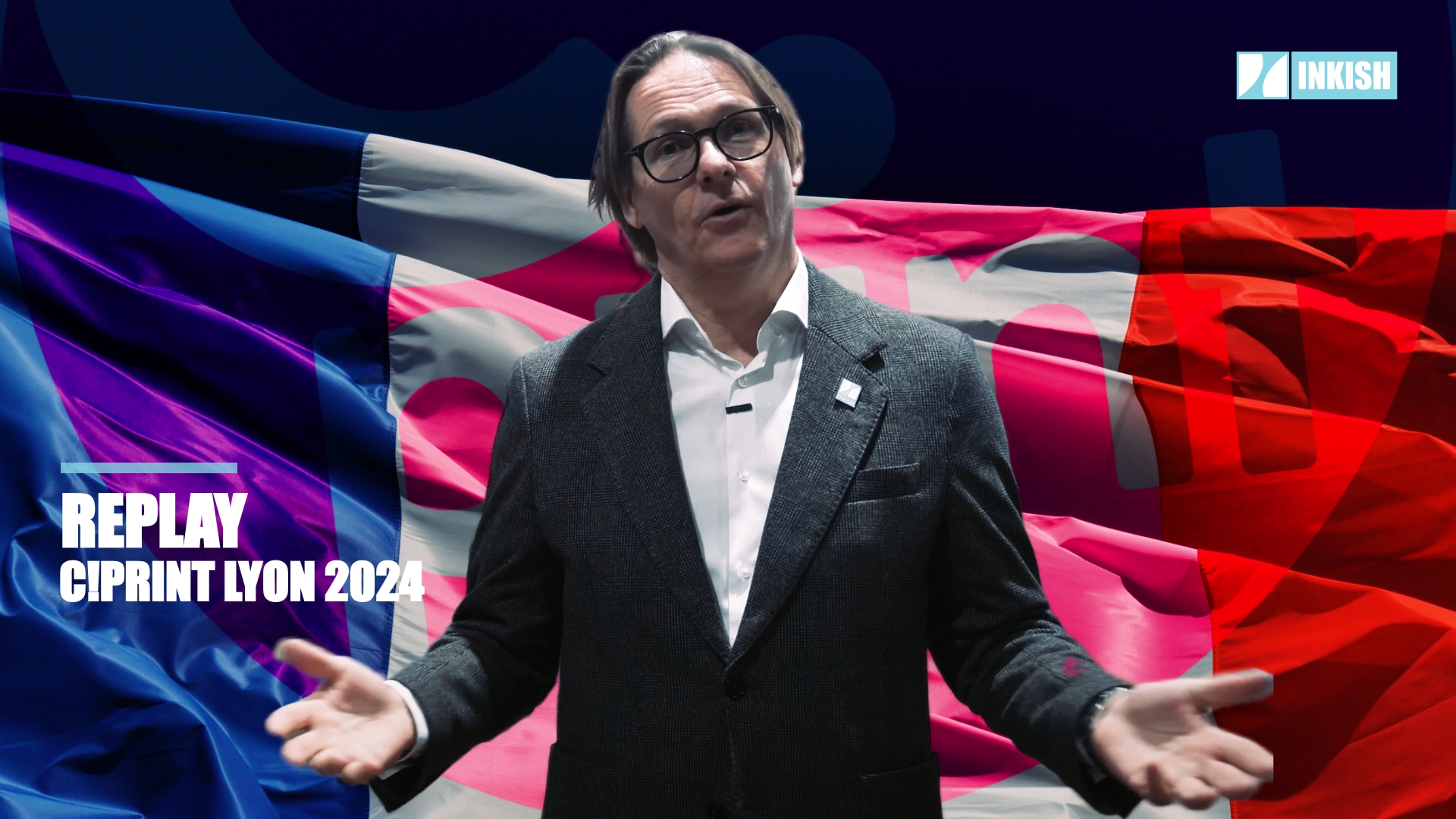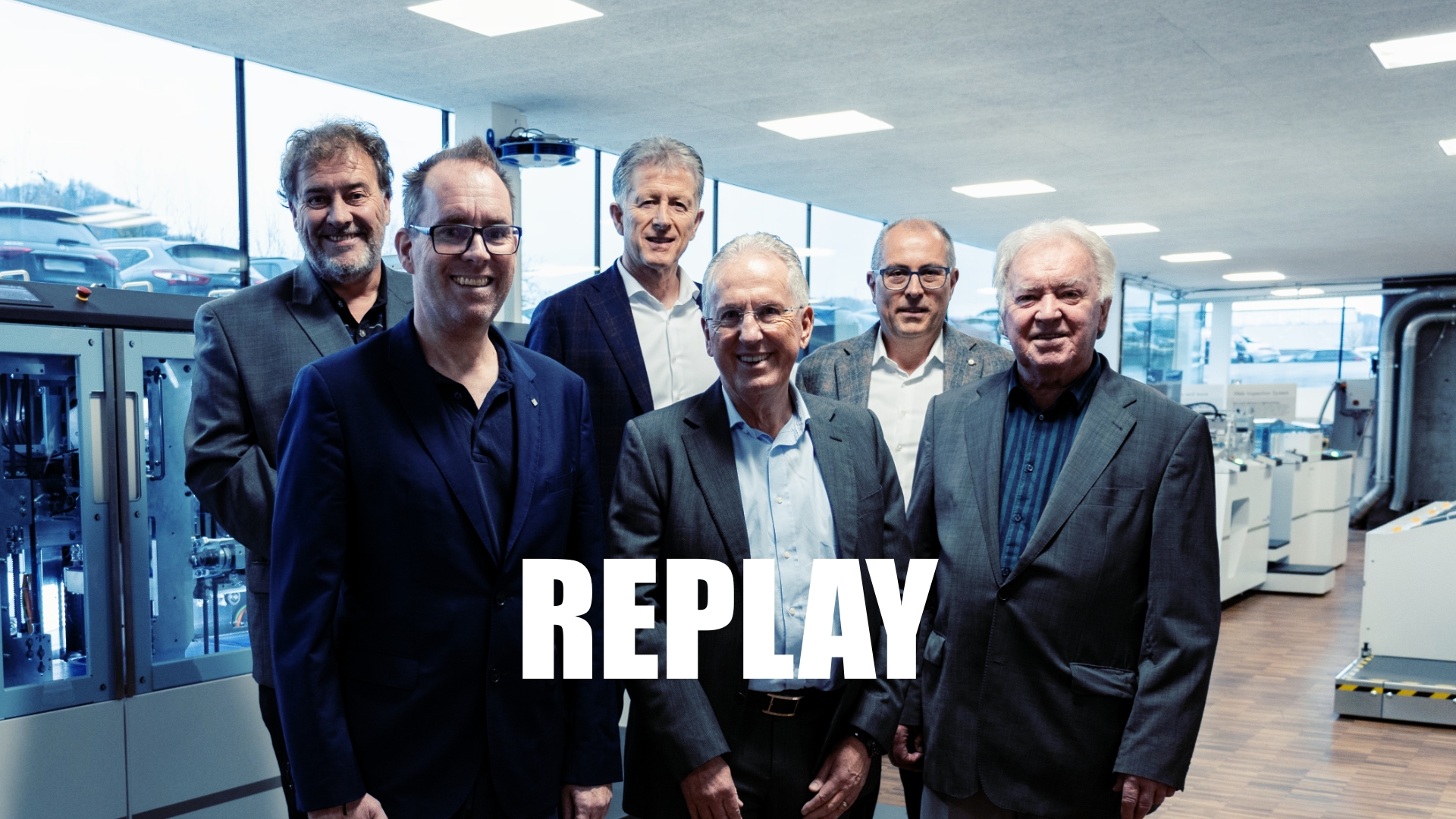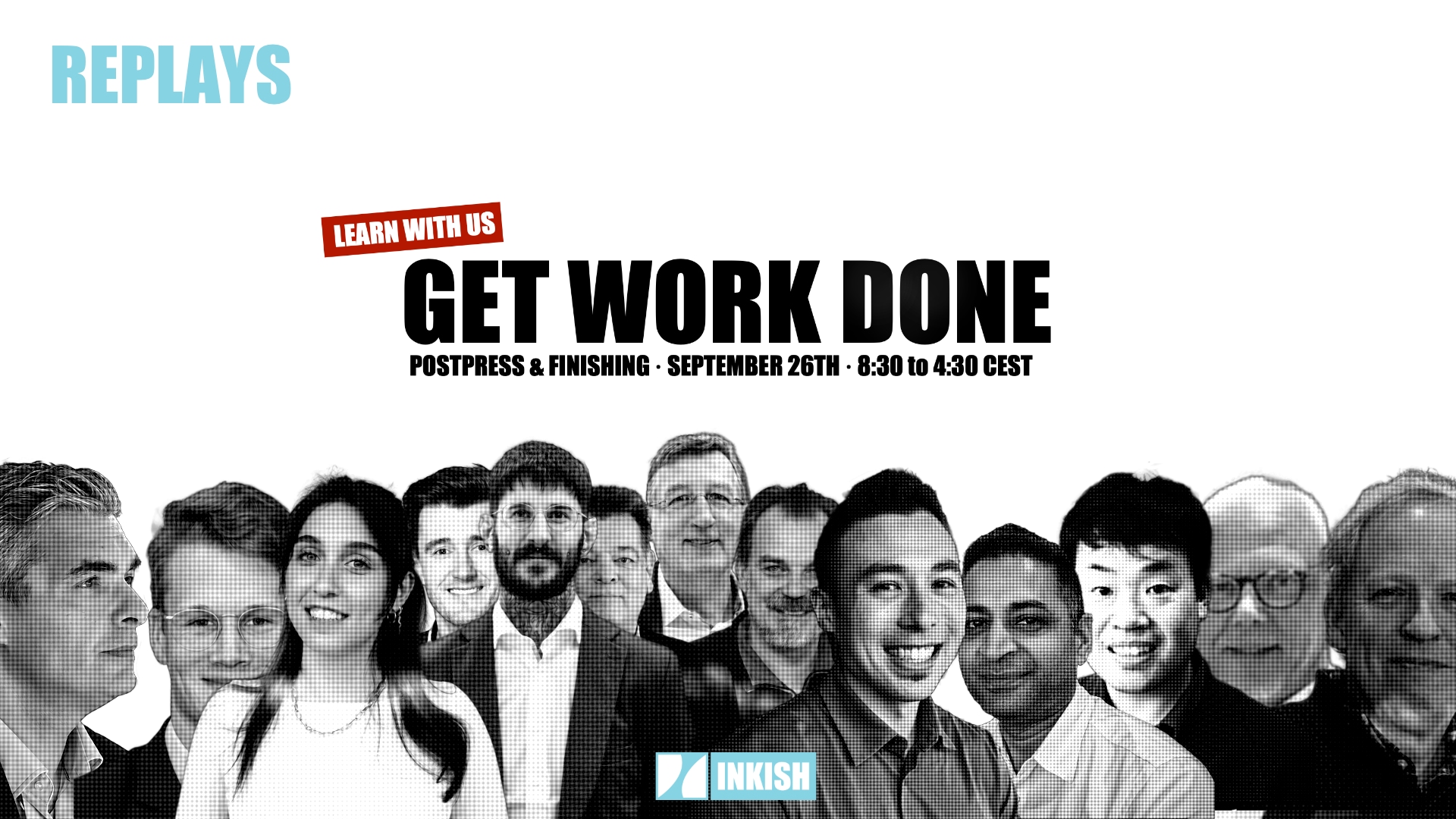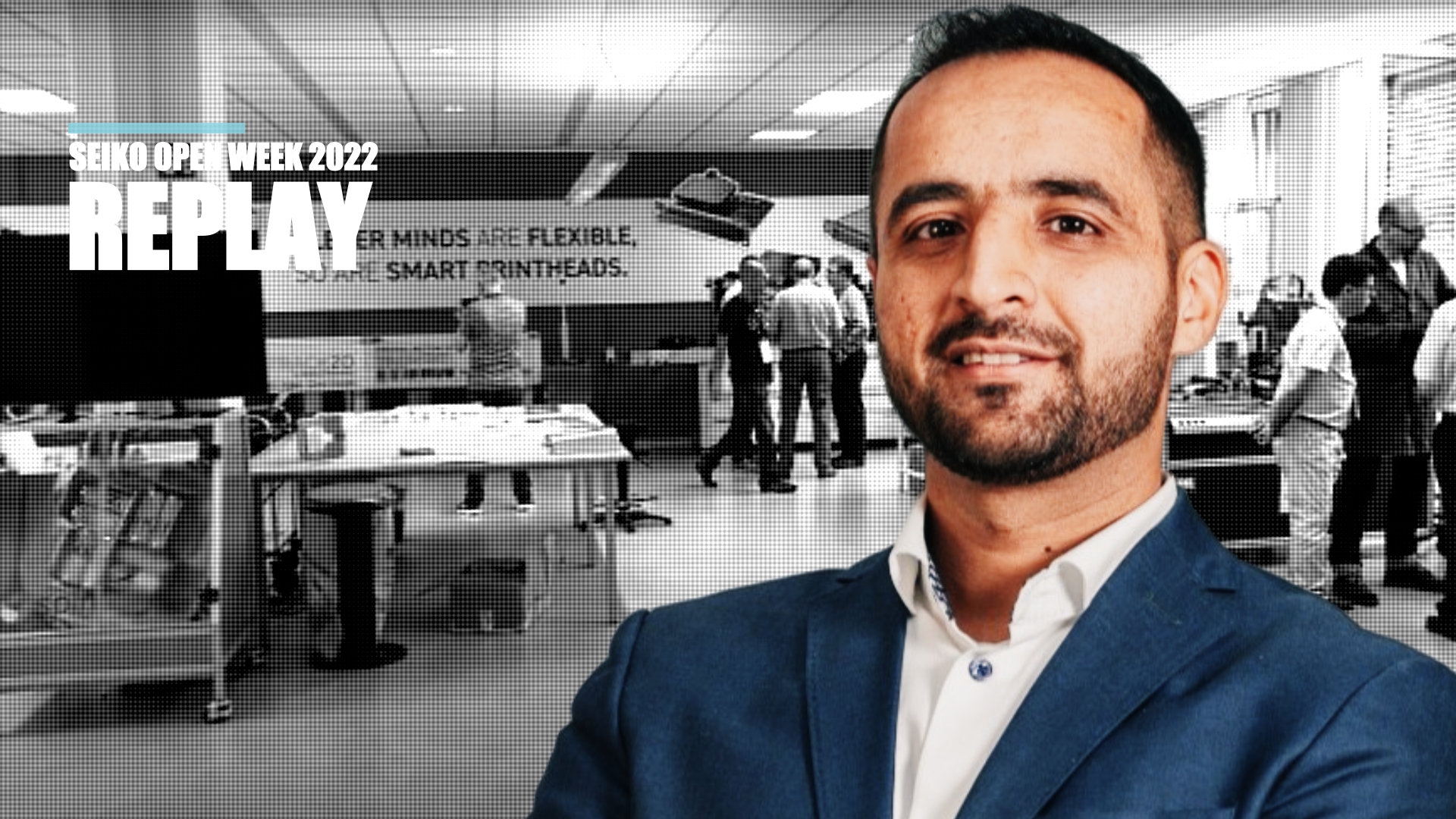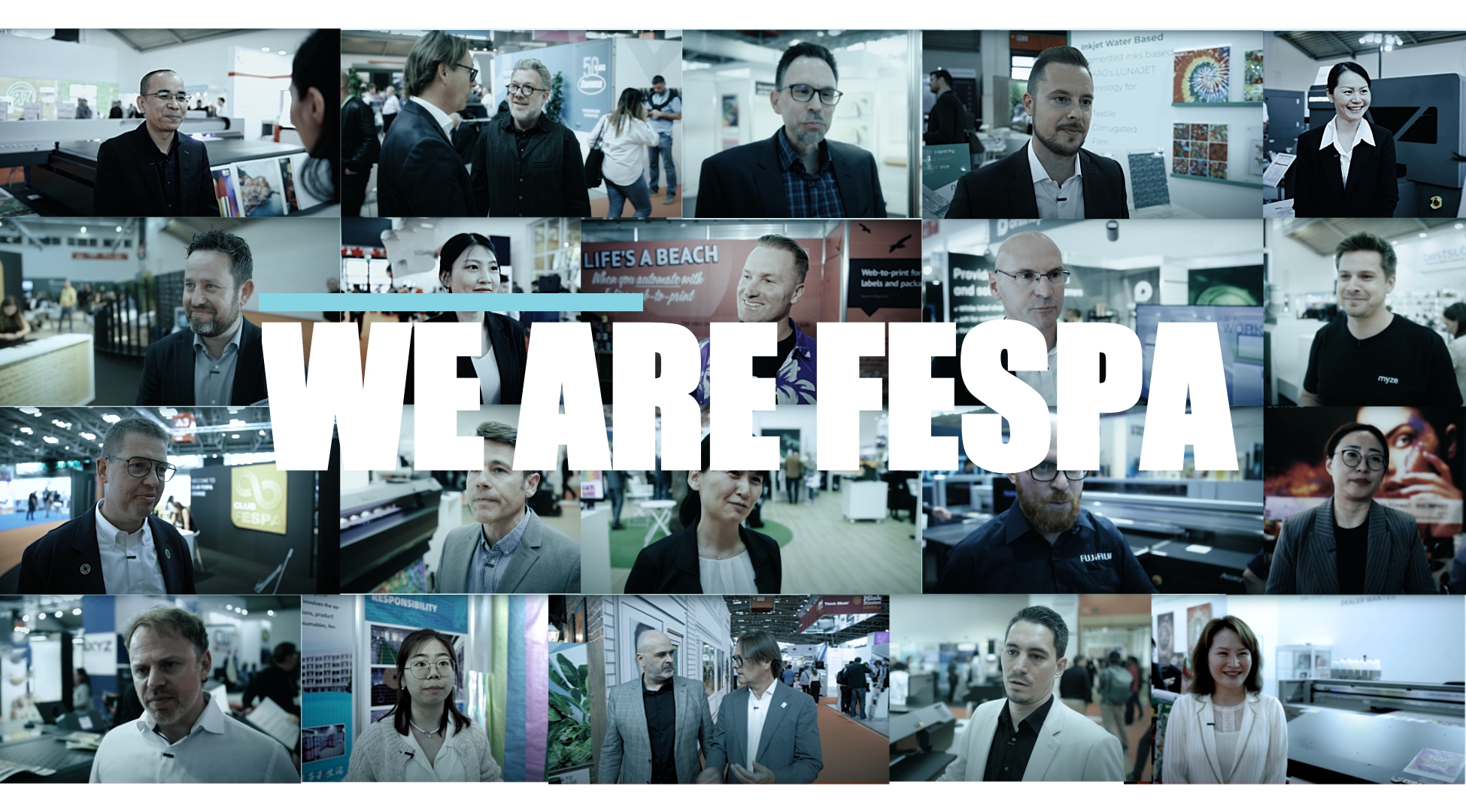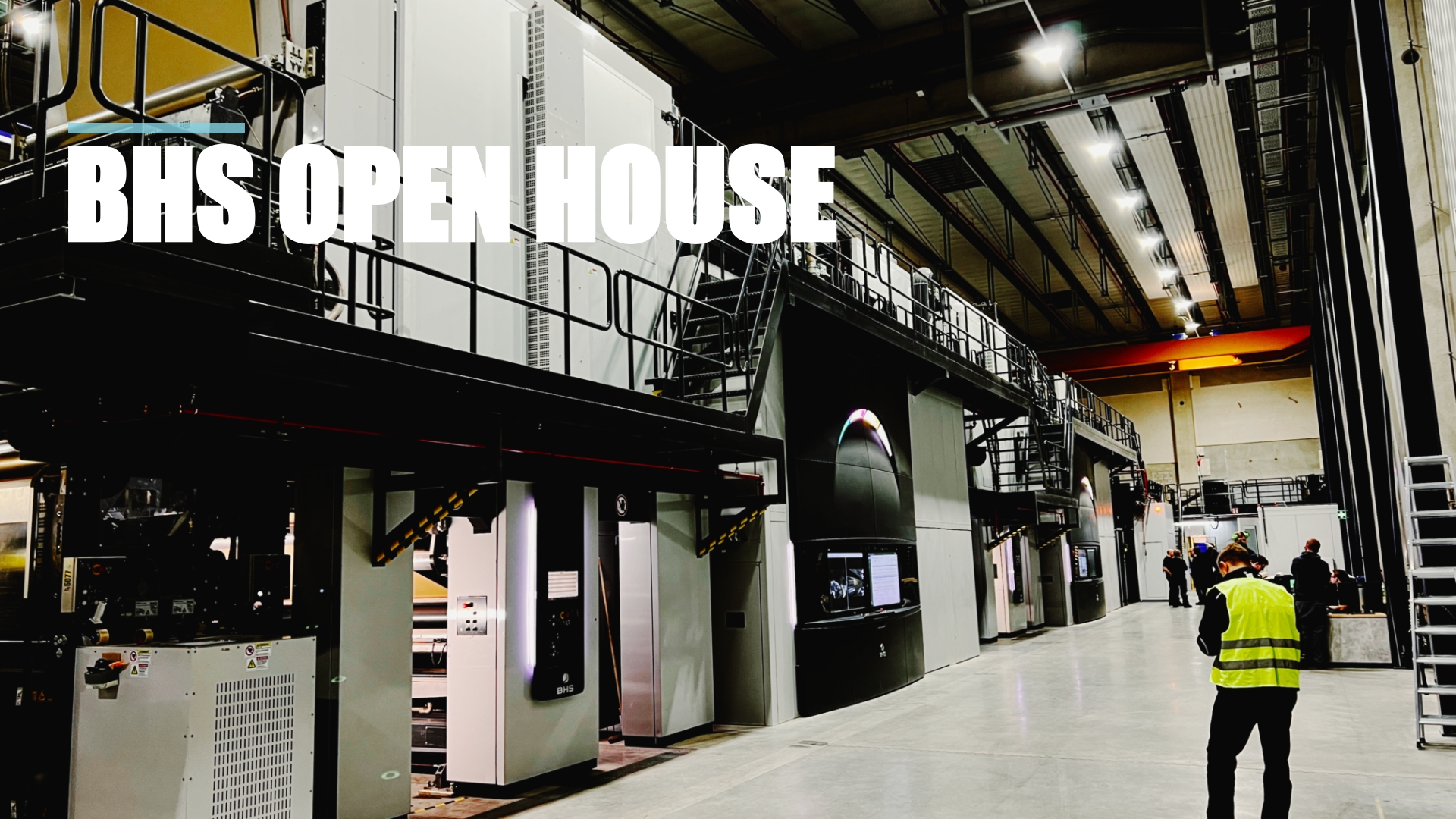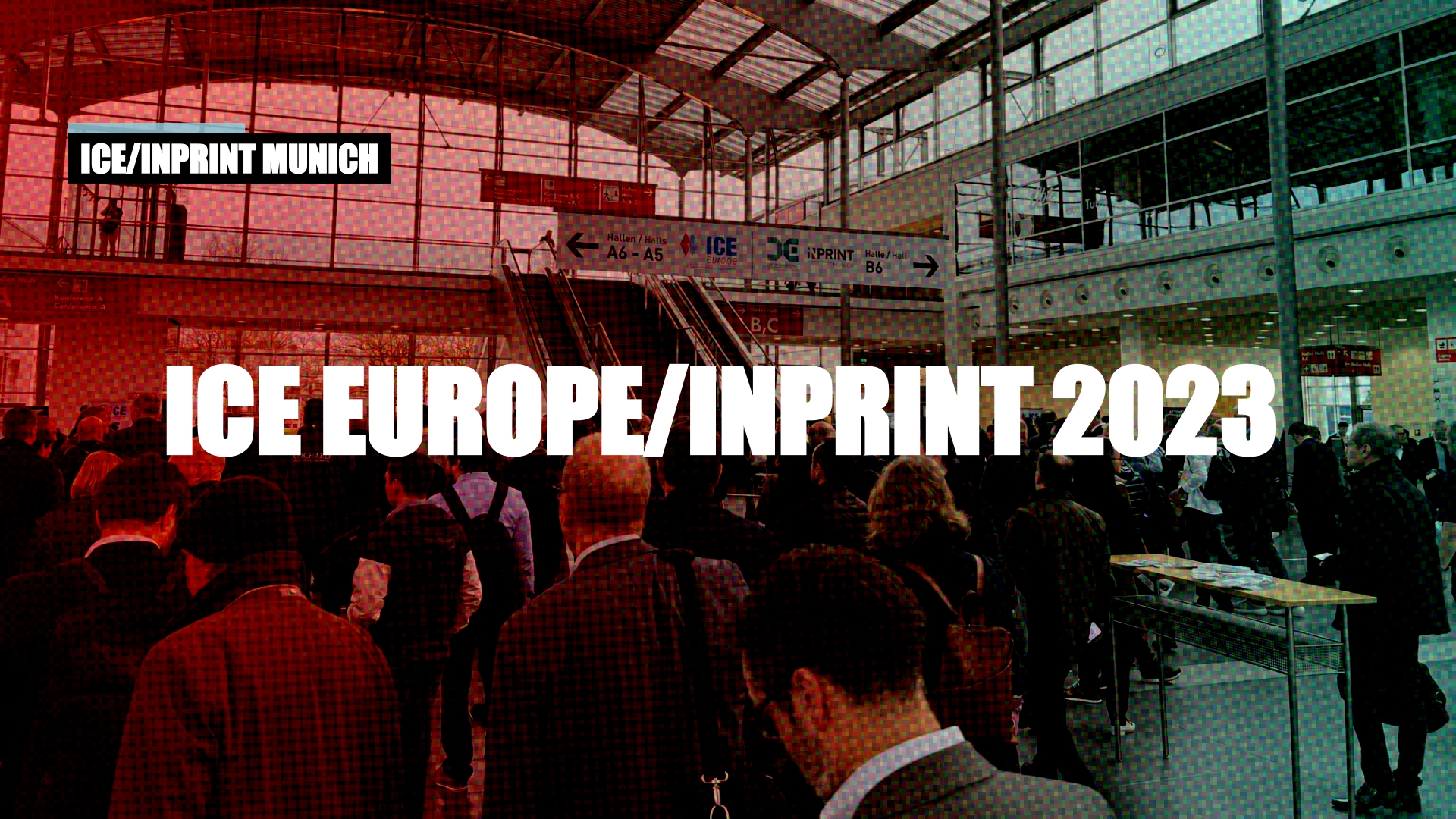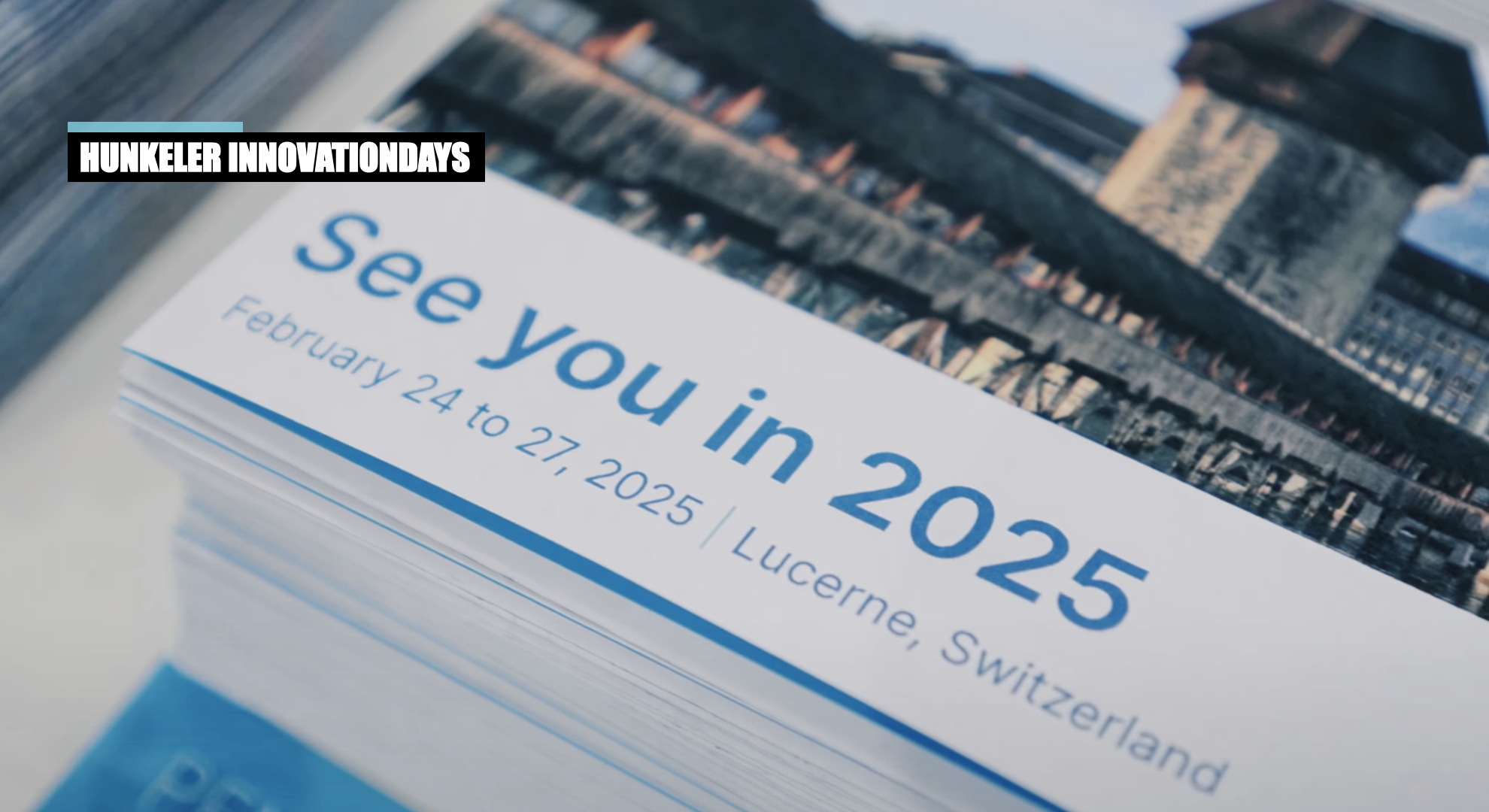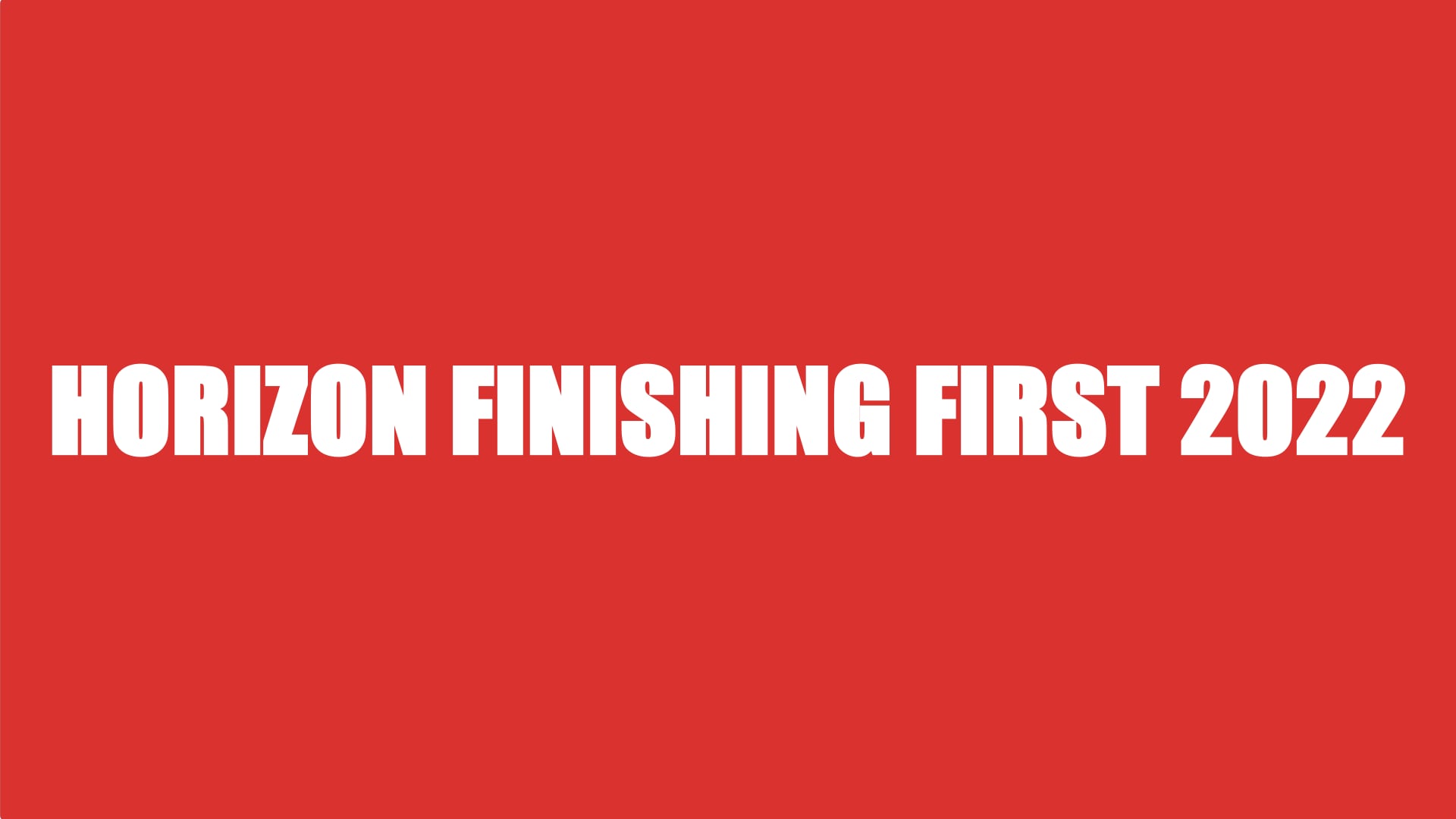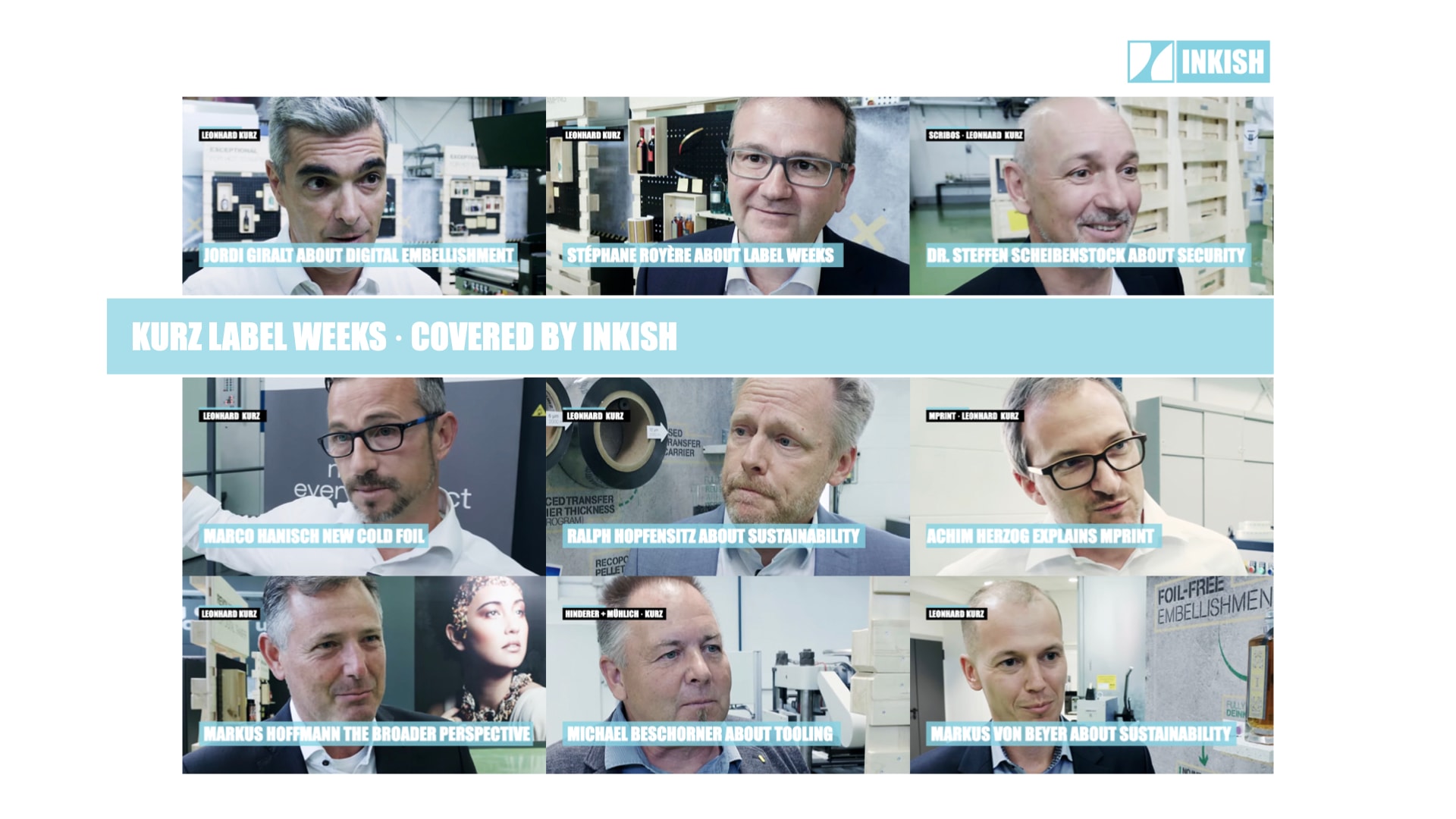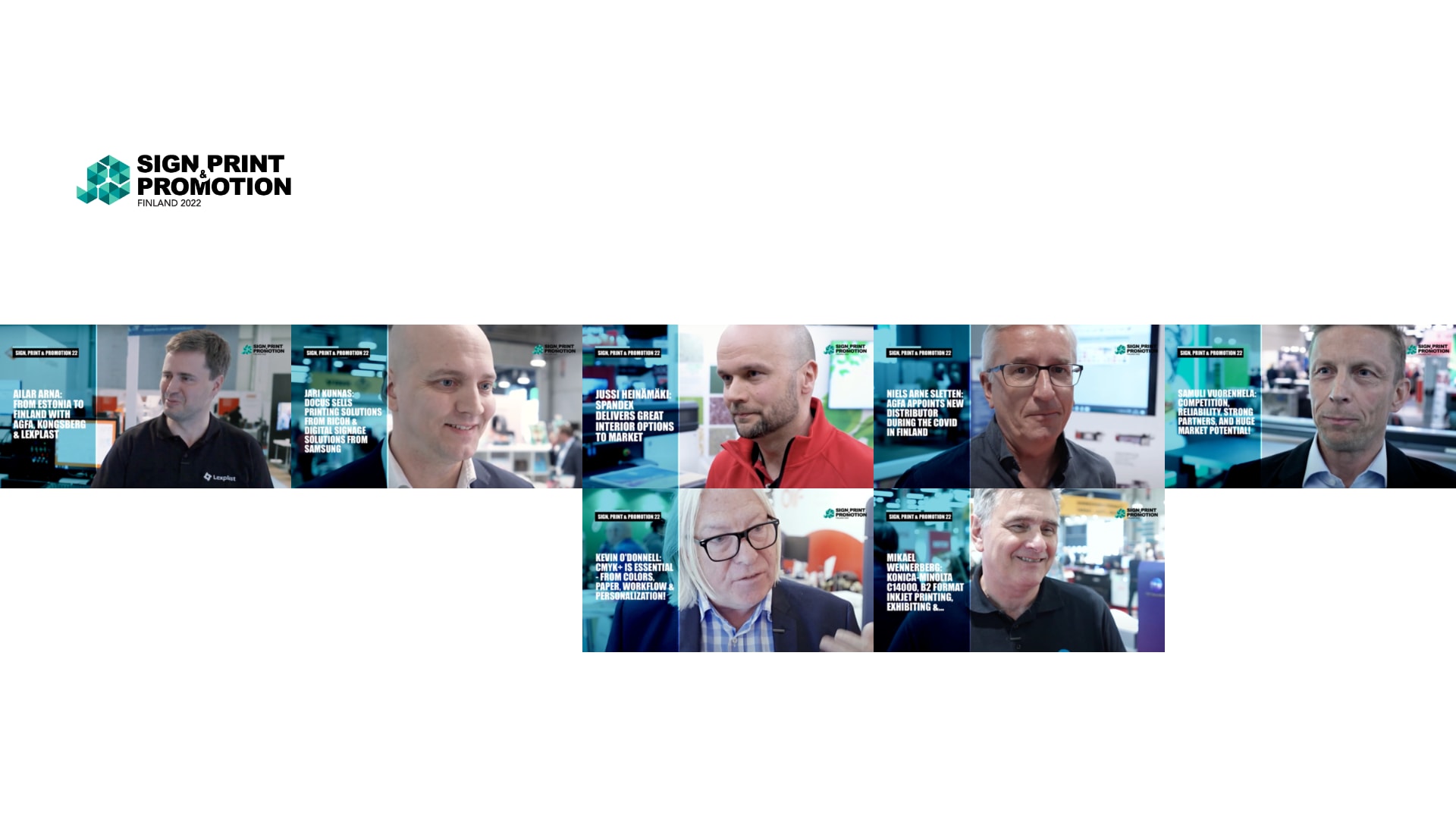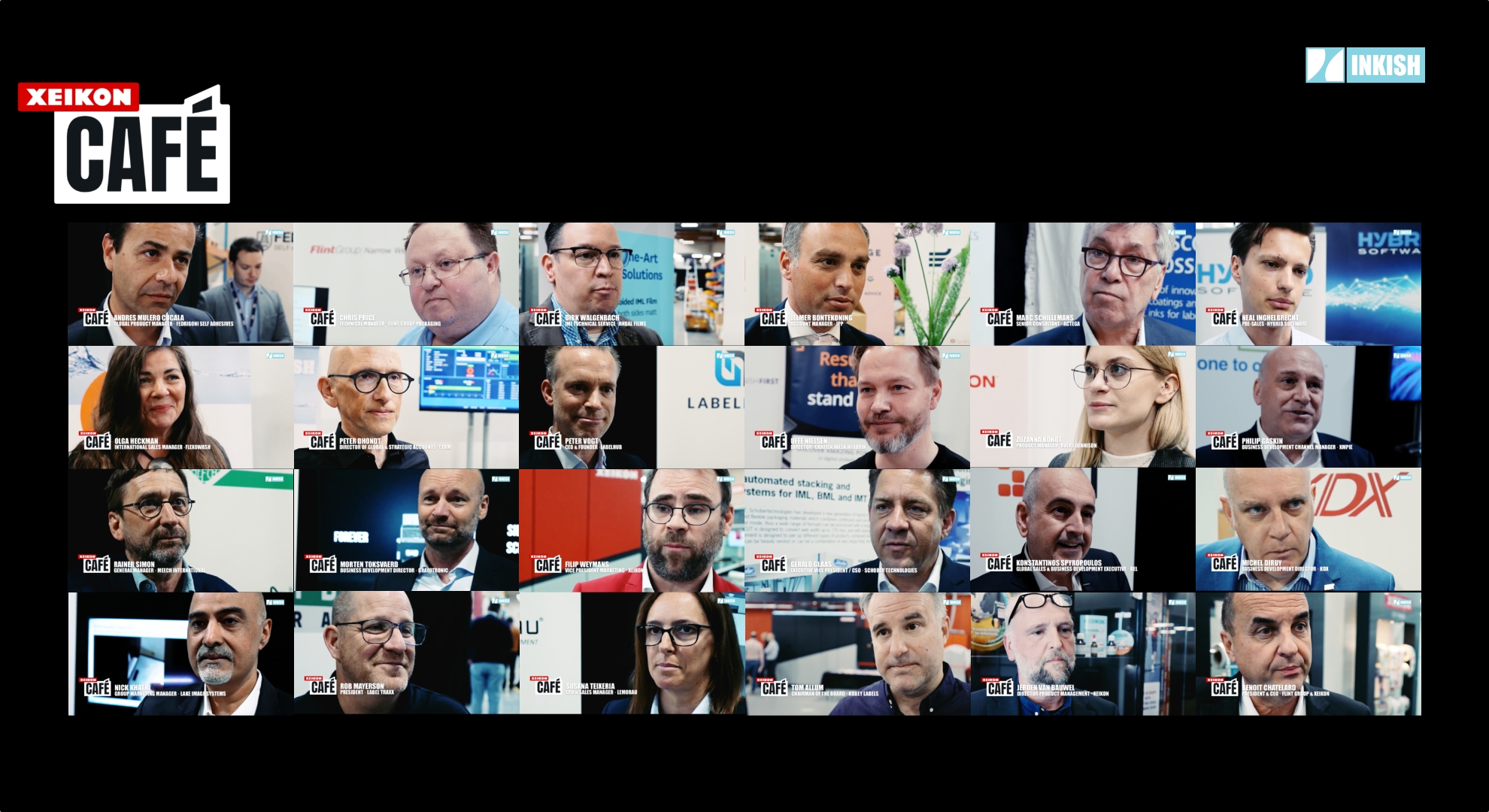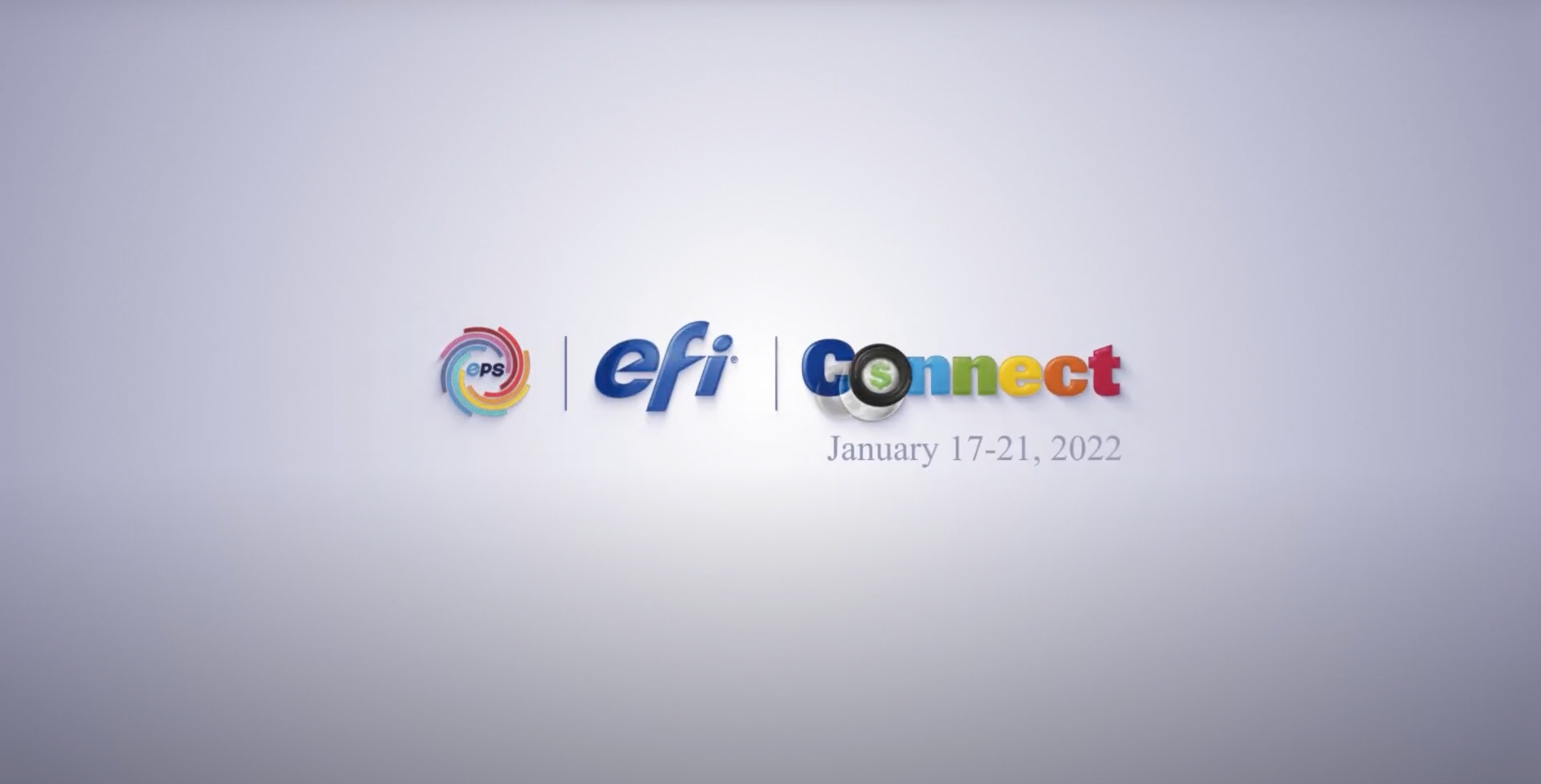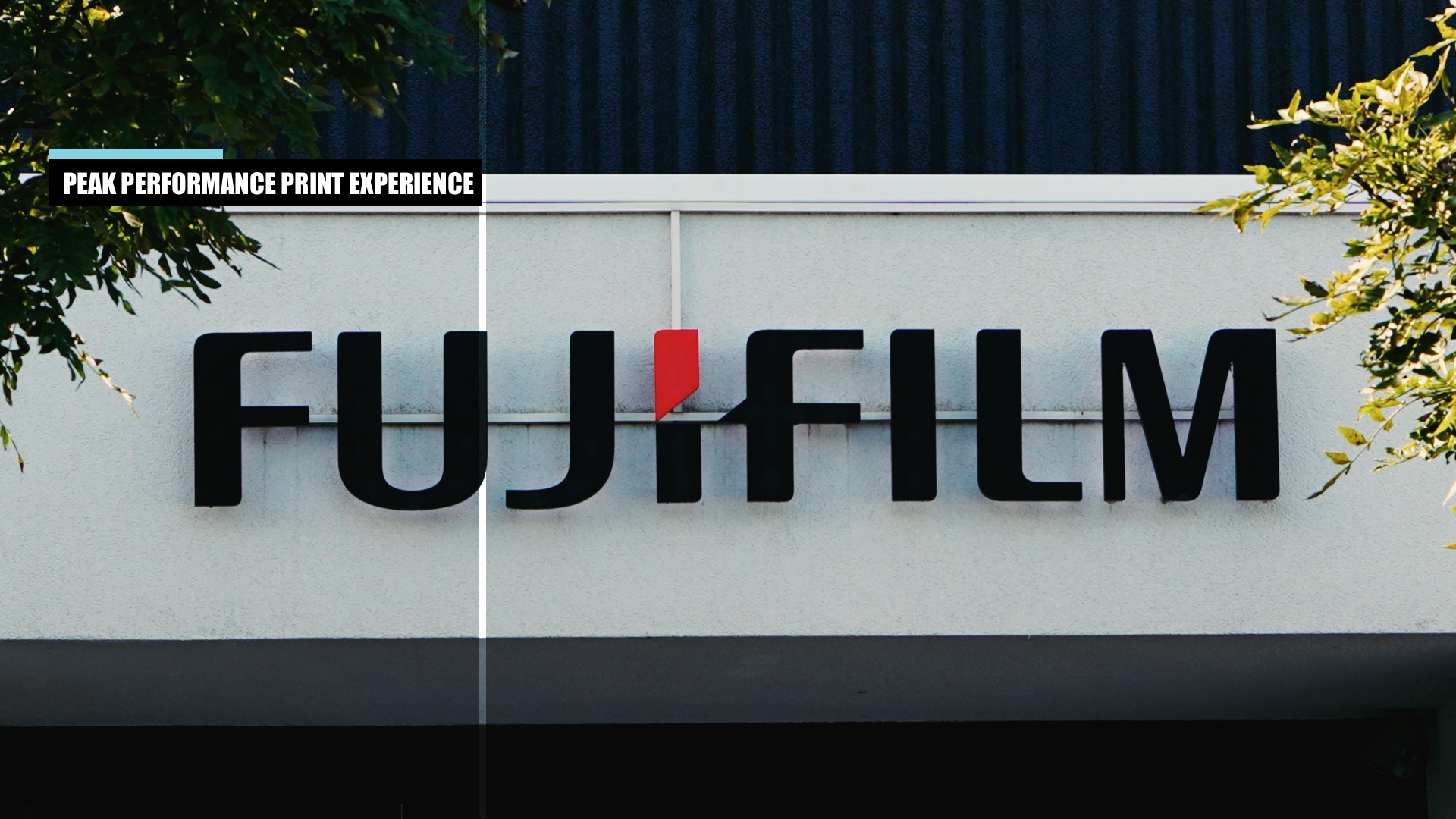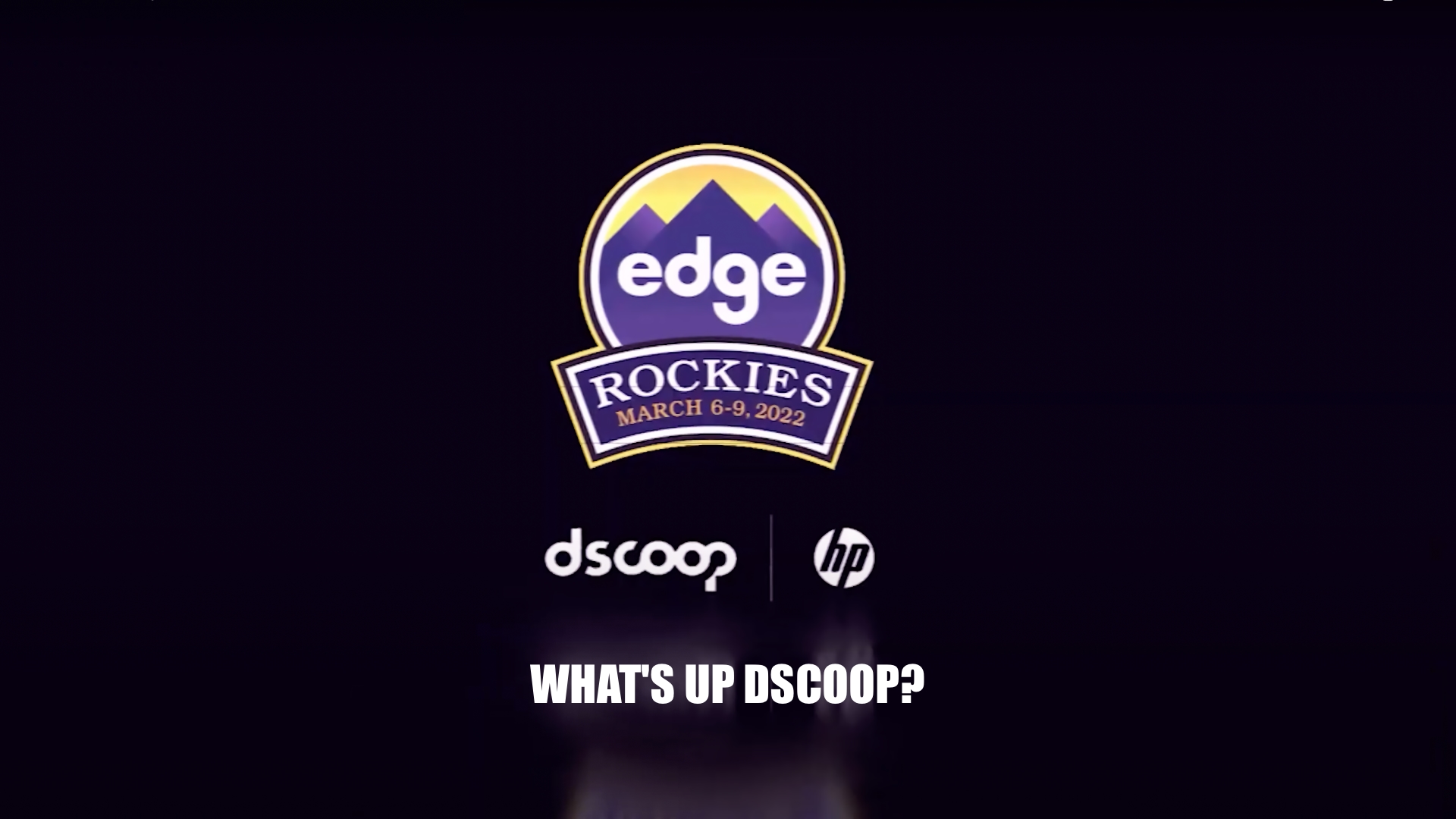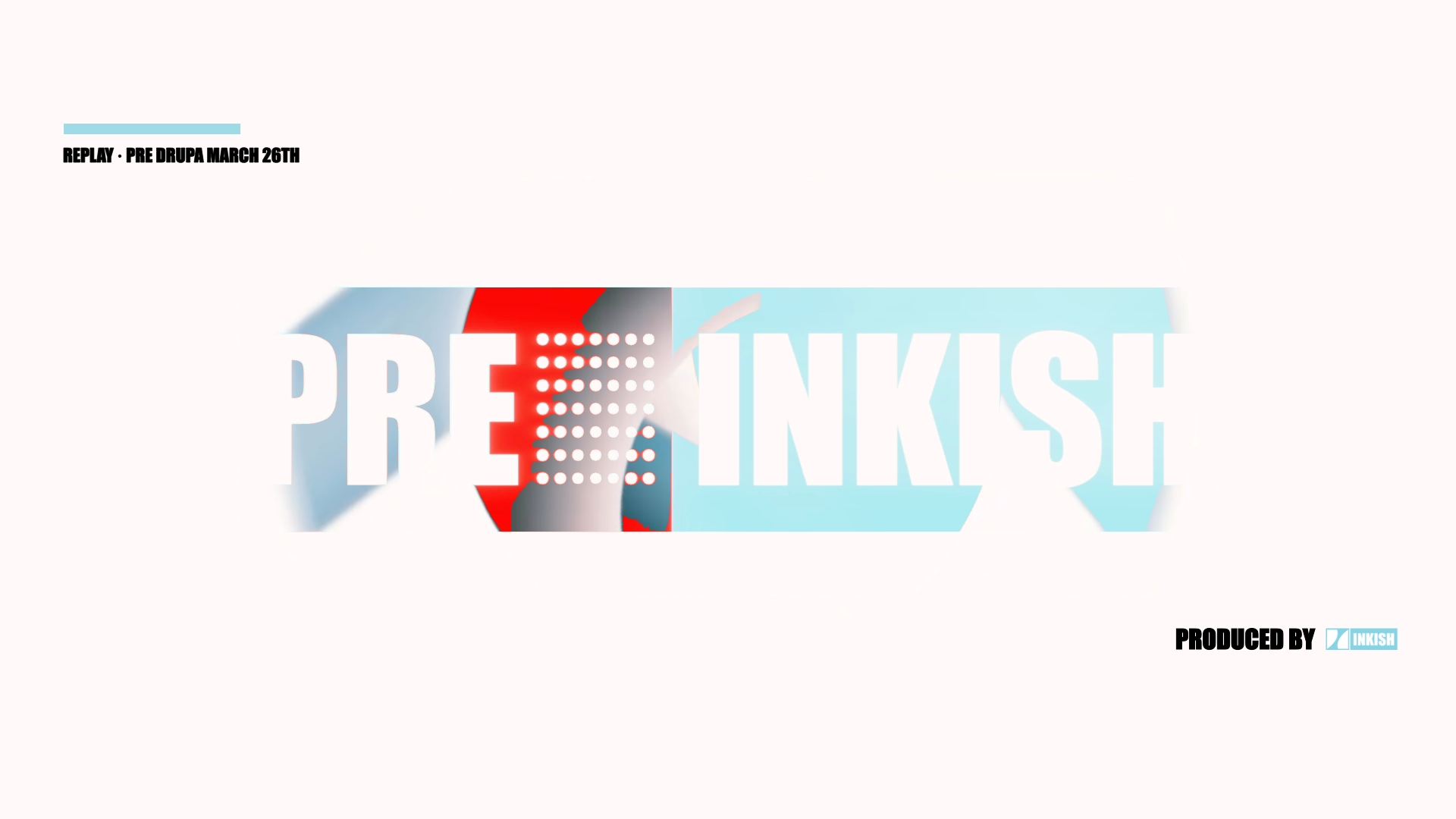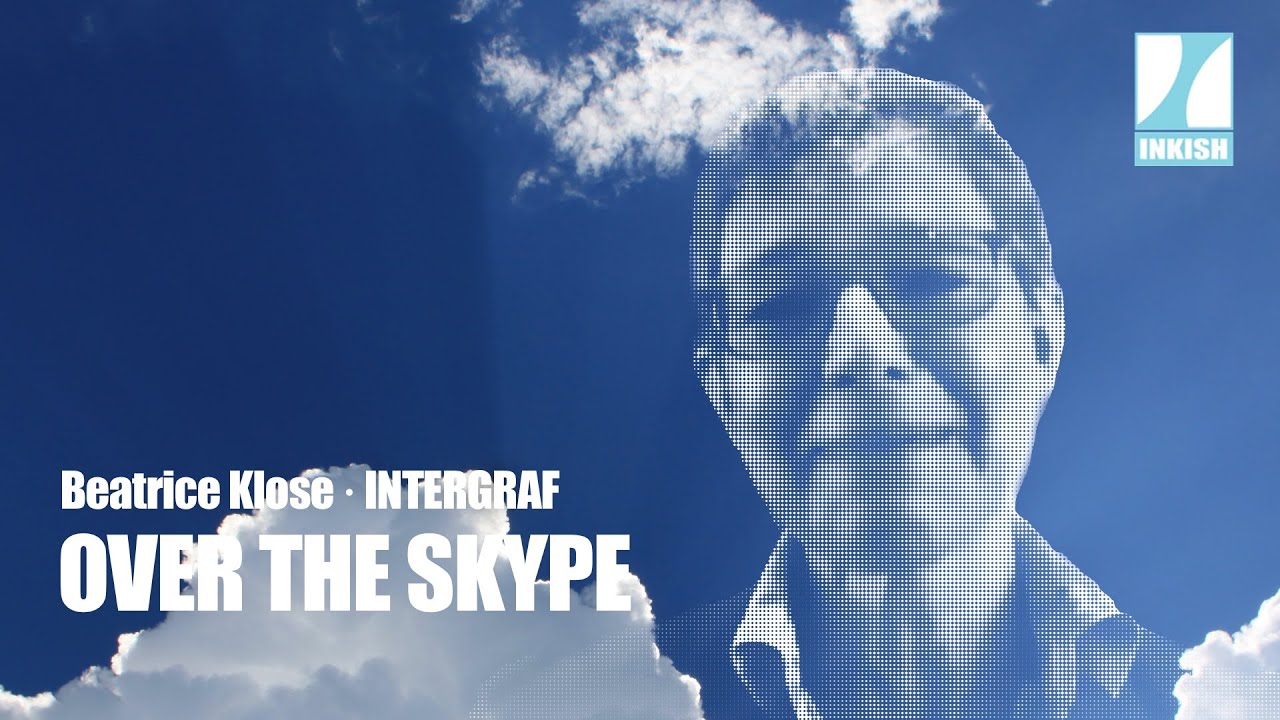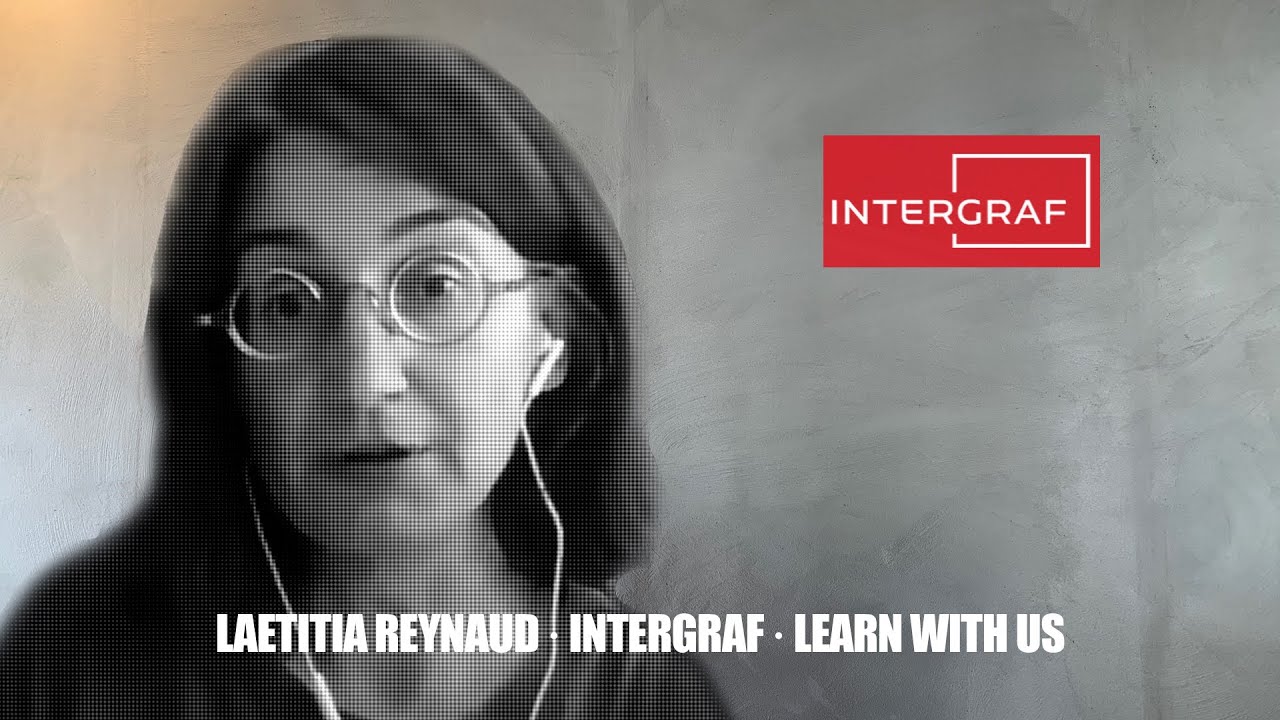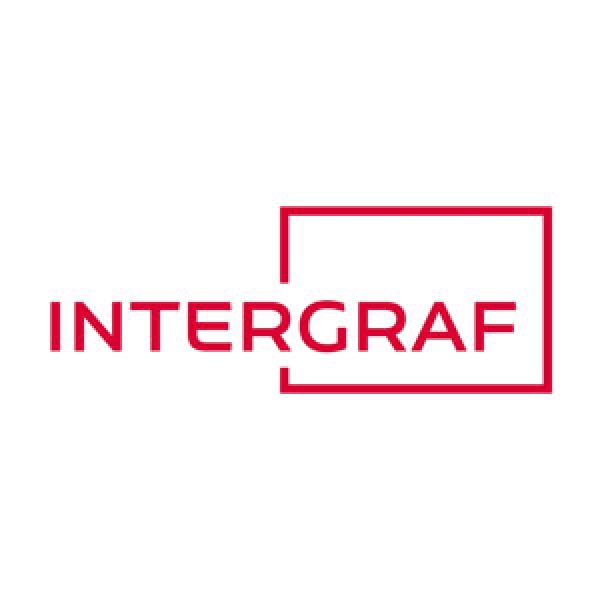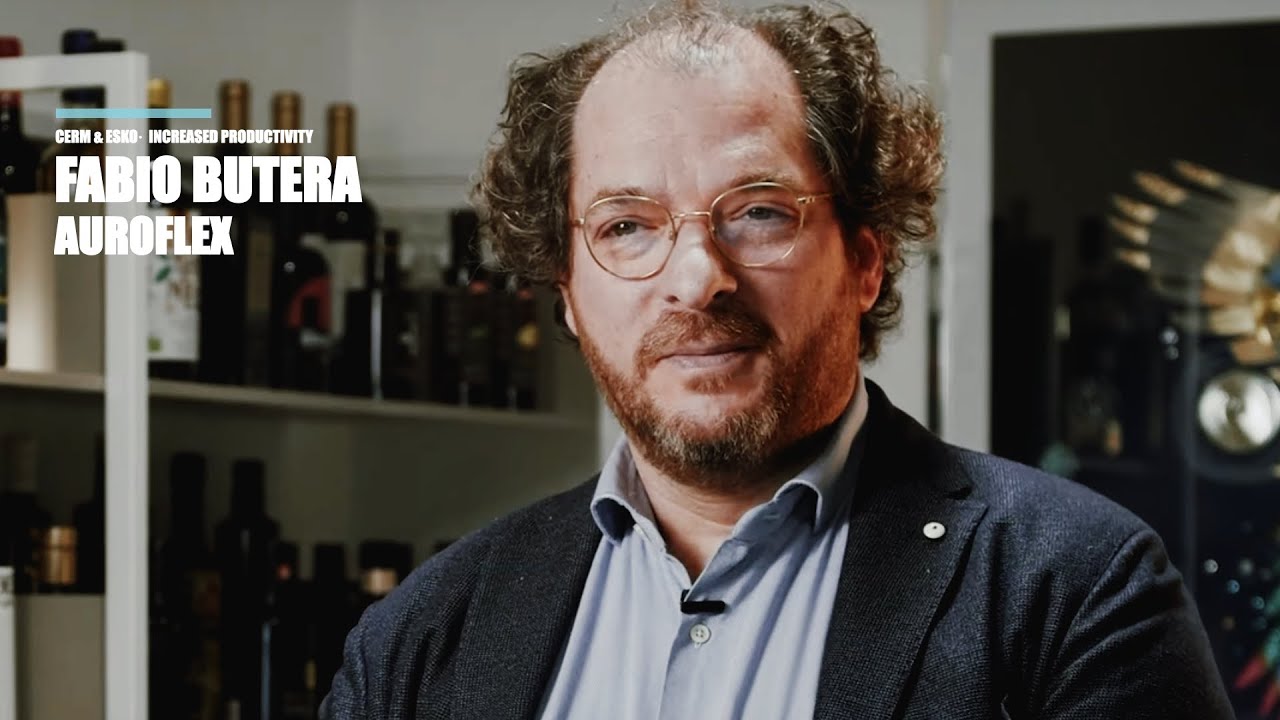Beatrice Klose · Over The Skype · INTERGRAF
Beatrice Klose is the Secretary-General for INTERGRAF based in Brussels, Belgium. Intergraf organises 20 European Print Federations and do an extremely important job concerning both servicing the local federations, but maybe even more important representing the printing industry concerning legislation suggested by the European Commission. In this ‘Over the Skype’ session, Beatrice Klose explains the work of Intergraf, which we find is way undervalued – so please enjoy and share.
As with all our ‘Over the Skype’ interviews, quality is limited to bandwidth, web-cams, and ability to literally LIVE mix the conversations. However, it works, and with Over the Skype, we will bring you more than 20 exciting people, and angles on the industry as it is right now.
Enjoy!
This is Morten from Inkish TV and welcome back to yet another episode of Over the Skype. I have made 42 or 43 or 41 episodes of this right now. It has taken me around the world and finally I’m back in Europe with a very exciting person that I am meeting for the first time. We had been communicating by mail a couple of times.
I think that sometimes she thinks I’m annoying because I also question the work of Intergraf. So welcome Beatrice Klose. You are the Secretary General for Intergraf in Europe. So can you tell us a little bit who you are and what is it Intergraf is doing?
Hello, Morten. Yes, indeed. It’s a pleasure to meet you. Yeah, I’m Secretary General of Intergraf, the European Association for Print and Digital Communication. We’re based in Brussels mainly to influence European legislation.
So what we really do is make sure that there’s a balance between what the legislator wants and what is good and possible for the printing industry. So that’s the first task and the second task is the exchange of information between member associations because Germany wants to know what’s happening in France; the Netherlands want to know what happening in Scandinavian Countries.
That makes sense. And just to be 100% clear about it, Intergraf is a kind of umbrella organization for all the Federations of Printers across Europe, right?
Yes. We have 20 members all over Europe, mostly in the EU and then also now in the UK along with EU, as well as Switzerland and Norway.
Yeah. And what I like about your introduction to yourself was that you are in Brussels and you try to influence the politicians because these times to think that sometimes print has maybe not the most favorable because people think it’s not good for the environment and the people changing to internet and politicians may not know so much about what’s up and down. So that is part of your work, isn’t it, to give them that information?
Yes, absolutely. And I think we’re doing a good job. There’s lots to do, particularly in the field of environment because Brussels has a lot of competencies when it comes to environment, which makes sense. Pollution crosses borders and so it’s good to have European rules.
What we really do is we work mainly with the European commission because this is where legislation starts.
Yeah.
We have very good contacts with DigiGrow, who’s responsible for industry and small and medium size enterprises and the context there, they really know our industry very well. They’ve visited printing companies. They know what our challenges are, they know how the industry is doing with keeping regular contact with them.
So whenever legislation comes up, they will contact us. They will immediately know who this might affect in the printing industry and so we’re contacted with results. So we have a good relation with them. Yes.
That’s great because I was actually a little curious about how the work starts because being a kind of a lobby organization for the printing industry towards the parliament and to the commission. I’m just wondering how the process has started. Is it only like evaluating legislation coming from the Parliament and the Commission or is it also kind of trying to push ideas into the politicians or how does it work?
It’s both ways actually. I think for legislation, what is very important to understand is that the initiate of legislation is really the European Commission. Once the Commission has come up with a draft, we influence it as much as we can with the help of the experts of our member associations or [inaudible 00:04:22] experts.
Then when legislation is almost finalized, it goes through the Parliament. So in the Parliament, you have over 700 politicians that are trying to get in their amendments.
The European Parliament is much more difficult because they work at European level, but they clearly are linked to the National Member State. So here already at Intergraf as a European organization, we have a bit less possibility of influencing, but we work together with our members. They speak the local language, they can influence at national level.
Yeah. Yeah.
Then the last step, just to complete the legislative process. The last step, it goes to the Council of the European Union and that’s then the Ministers. For example, the Environmental Minister of Germany will vote on the legislation on environment. There, we have hardly any possibility to influence. We’re not going to lobby national environmental ministers.
No, no, no.
But we work with the investigations.
Yeah. I was just wondering because what you say about these three levels of at least having the decision process of legislation. So let’s say that I’m just trying to be smarter; not smarter, wiser.
So let’s say that the commission comes up with a suggestion about an environmental issue that influences the printing industry. Now you can of course come in saying your yes and nos and suggestions for the actual legislation. But does that mean that, for example, when it comes to influencing the Parliament and to influencing the Ministers on the local… That legislation and that kind of thing is also set out to the member organizations so they can work from the local sites?
Or is it more like Intergraf is focusing on this and then the local federations, they handle whatever they think should they should do locally?
No, it’s really working hand-in-hand with our members. The legislation starts in Brussels and at the commission, we inform our members, we work together with them to influence the commissions so they know exactly what’s happening and then know exactly at what stage the legislation is when it gets to the European Parliament.
We send our draft position papers and letters that our members can use at national level. And then when it goes to the Council, again we influence from our side the Council and they influence from the national side, their ministers.
One great example where this worked really well is the General Data Protection Legislation that everybody heard about in 2018.
Otherwise, it’s too bad if they haven’t heard about it. Right?
Yes. But we started working on that already in 2011 so just to give you an idea of how long legislative processes take and how much back and forth between the different EU institutions and of course industry, the members of Parliament we have.
Yeah. Talking about the Privacy Act, can you… I was more thinking from a personal perspective, can you sometimes see that, “Okay, this is my finger mark or this little issue here,” or can you see that the work is also affecting the actual legislation or is it more like in broader terms?
No, you can really see that because we had three main issues that we really wanted to push through. One is the opt-out. We wanted to make sure that within the data protection people can decide when I receive something I can opt out, but not the other way around; because the commission in the first draft and again in the Parliament, they wanted to put an opt-in which is catastrophic, because then we can’t send any advertisement.
The second was the legitimate interest so that when an advertiser has the impression that this will interest my customer, they can send it and then of course the customer can opt out.
And the third one, very important for the printing industry, is the right for third parties to process data. And this is particularly important for any mailing company, direct mail that that can continue. So those we can see. Of course, we work together with all our partners in Europe. We’re not doing everything on our own.
I know. That’s fair enough. Fair enough.
I have known Intergraf for many, many years even before we started English as well. But it’s always been… I’m not trying to be provocative, I’m just raising at least my concern that the examples you gave on legislation influencing on both on the environment and also on the privacy act, GDPR it’s known as, I was just wondering, isn’t it sometimes a little bit unfair because to think that maybe you’re not always getting credit as an organization for the work?
The three things you mentioned for the GDPR are really, really important but I think a lot of maybe… Of course the federations know, but I was just thinking a lot of printers may not know that it’s because of Intergraf that you have got these great things through.
Yes. That may be true and it’s unfortunate. Of course, we communicate with our members and hope that they bring it into the National Trade Press and at national level, everyone is informed.
But I think it’s the curse of communication. I spoke to a person, I think it was last week, I can’t remember who, but it was like the more information that is available, the less we know because it’s sometimes also almost impossible to find the way through the jungle of information.
One of the things that I think… You have a recently updated your website quite considerably, haven’t you?
Yep. Yep. We have. Last year we changed our logo. We modernized it. It’s been the same since 1984 when the name Intergraf was created.
Wow.
Yep.
Because I like the new website. I think of course still needs a lot of content and still a lot of films is missing. You know that… I had to say that.
Yeah.
But I think it looks really cool and I think that being an organization that that organizes the federations that are all working with companies that communicate, I think it’s important that of course Intergraf also have a fresh modern approach to communication. So that is really cool.
How difficult is it for you because I mean there must also be a fine line between what can you communicate and what should your members communicate on your behalf. Is that a like a fine line in your daily operations or how does that work?
I think we’ve worked a lot on our communication. We’ve worked on the website, yes. But we’ve also worked really closely with our members to see what kind of information is valuable for them and what can they use at national level.
We have different levels of details that we go into; we have our weekly or biweekly News in Brief where we really inform them about quick meetings that we’ve had with the Commission or the Parliament or other associations.
Then we have a monthly News Flash and I’m also happy to put you on our list of our News Flash.
Please do.
It updates our work and it’s once a month, so that’s not spamming people with too much information.
Then we have our annual meetings and our conferences that we organize and also to get some feedback from members and to meet with them and inform them about our work.
Yeah, I know actually because I talked to Sean Smith last week and he told me about it because I was actually in Brussels the same day as you had your last conference because I was with a company, I can’t remember who. And then I met [Pete O’Lean 00:12:35] who also attended the meeting and it was about the future of commercial print. Right? So these kinds of outlooks is something that you do on different subjects. Is it one time a year you do these huge outlooks?
Yes, it’s once a year. And indeed we cooperate with Smithers on this event. And Sean is a great ambassador of print. It’s just fantastic working with him. I’m sure you’ve seen that when speaking with him.
I did, yeah.
And we have different sectors that we look at every year. This year it was commercial print. Last year it was packaging, then we’ve done direct mail. We do books. So we look a different sub sector every year. And usually we do it in February in Brussels.
Okay. And even though you’re smiling, which is good, but I was thinking that sometimes it must be a little hard because I saw actually the Danish Federation’s outcome communication from both advertising that you had like last year and also direct mail. I can’t remember which one it was, but I think it was general advertising, and then you had commercial print this year. Those two sockets were not too positive on behalf of the industry, right?
I think you’re referring to one seminar was on magazines, which is also a sector that’s highly challenged.
That was the one.
That was surprising for me. It was a really good event because we had people from The Economist and from BBC telling about what print can do and those were just fantastic examples and this really lifts you up when you hear that.
The same also with commercial print and Sean is very good in giving examples of companies that are performing really, really well and that’s what we need to look at. I think that’s the most important.
Yeah. In another interview that was just before the lockdown of Europe, I had an interview with [Heinz Hunster 00:14:42] from Heidelberg and that was because of the Online Print Symposium in Munich. I remember he said in his presentation that if you look at the global print sales, it was quite evenly around 400 billion euros and basically the total size of the print world is dramatically changing, but of course the different segments of the print is changing a lot.
I asked Sean in the interview I did with him last week that I thought the print market was quite much bigger than that one and he gave the numbers like I think it was $809 million and they have an expectation of growth for $832 billion over the next years.
I was just wondering because that must also… I’m not trying to have a lead-in question, but it’s more like it must to some extent also strengthen your work that seems like print is not in as bad of shape as some people in the industry may think.
You’re putting a finger on a very good topic. Printers, often I have the feeling they like to see things more negatively than they are.
Too bad, right? We don’t want that.
No, we don’t want that because it gives the wrong image of our industry.
Yes, definitely.
It’s a great industry and we do have some fantastic companies. In Europe, we have seen the market contracting. That is true overall. If you look at the print market, it has contracted, but we’re still at 80 billion euros turnover in the EU countries and employing 620,000 people in 112,000 companies, large sector industries.
That leads me to another thing that we also kind of agreed that we should talk about is also that a part of the work that Intergraf does is also how we can promote print. I think that again, maybe if we promote the printing industry to only legislation or we promote the printing industry only to you and me who already love print, then we may not get too far with selling more print.
But I was just wondering, do you think that we can, as a united industry, maybe also whether everybody’s talking about being more united due to the corona… Is this a time where we could do something that is really impacting the brand owners and the industry to understand the value of print? Or is that too bold of an ambition?
Mmm. I don’t know if this is the right time to promote print. I think people are being very cautious in these days, and I’ve seen it from advertisers, a lot of them postpone campaigns, delay them by three to six months, 80% actually delay them by up to six months.
Wow. Wow. That’s a lot.
That’s a big impact on our industry, but the promotion of print goes in several levels. You have the environmental acts and that’s two sides is doing really good job and we’re supporting them. We’re on the committee of two sides to support really bringing out the environmental message and the fact that industry is sustainable. It’s a circular industry or as circular as you can get.
Yes.
That’s very important. That’s something we’re putting forth to European decision makers and that’s a message that that was very well heard.
Yeah.
That’s really good.
And a very important subject to even stress, even in corona crisis time. And so that is maybe not promoting print in itself, but promoting that this industry is sustainable and circular and have all the right ways of addressing communication the way which is a sustainable basically, right?
Yeah, yeah, absolutely. And it’s also pointing people to the fact that the electronic communication is not without environmental impact.
Yes. Which is equally important.
We don’t want to go finger pointing.
Yeah.
But right now you have quite a number of articles that point out how much energy Netflix is using and all the consumption at the data centers. So a lot of energy that goes into that and it’s not really circular right now.
And then one thing was the environmental thing. And then you say that okay, at some point we need to hopefully get back to more normal times and at that time we should promote print to the brand owners and to the industry.
What kind of KPIs do you think that would touch the brand owner? To be honest, maybe you can recognize this as well, but I think that what I like about for someone who wants to do it is an electronic newsletter. It is so easy. It is so instant. You click send and you have thousands of potentials that see it. Right?
Yeah.
I know that the opening rates are not really interesting to look at many industries because I think that we are getting too much information in emails but with higher postal rates in Europe and it takes time to produce something that needs to get printed and it takes time to get things out.
When we get things out then we have to figure out how can we measure the response rates because they also have different metrics. So what kind of things can we use? What can we use? What good words and communication do you think we should emphasize to the brand owners?
I think there are some really good studies of what print can do and there are some excellent examples of campaigns where print is involved. I think you will not necessarily find a pure print campaign, but the cross media campaign where print plays a very important role. Those are the main campaigns that really work.
I’ve recently seen a study done by the International Postal Corporation where the question was, “What do you do if you receive direct mail from a brand owner?”
Actually, 30%, one-third, said they would go online and look at the website and still over 20% said they buy a product induced by print.
Yeah.
That’s a fantastic message and it’s something we really need to take out to brand owners.
I can tell you that when we were pushing our campaign for Drupa, we decided to make a printed brochure and send out and we did that also on email. Just in our little example, there were like 500 vendors that received it from us. The response rate was 10 times higher on print.
Yeah.
So I think to find the good stories that the good evidence for the value of print is something that really can support our industry. So I appreciate that it’s something that is on your agenda and that is great because I think on European level, that will definitely make an impact. I’m totally sure about that.
For campaigns, there’s two things that work really well at European level that I would like to mention, particularly with the European Parliament… One is our Keep Me Posted campaign that we run together with the Direct Marketing Association and the Postal Association and there we will really target the right of citizens to print communication.
So we basically say citizens should have a right to choose whether they want to receive communication in print or electronically. That should be for bank statements, invoices, government communication, election documents. And they should not have to pay more, they should not have a lower frequency. And that works really well with the European Parliament because they understand that citizens want to have a choice.
The reason I’m smiling when you mention this one is because I also interviewed one of your Steering Board Members Thomas [Topp 00:23:12] from [Bracham 00:23:13] in Denmark Monday and we spoke about a funny situation that for example in Denmark and some of the other European countries, the electronic communication is so developed that for example, bank statements and insurance papers and all communication from the governments and the states are now electronically only.
So what you are suggesting is basically that we should introduce a legislation where the population for themselves could decide on what way they want to receive communication. Right?
Yep.
I love it.
It still works in many countries. I know that some countries that are highly digitized like Denmark, but there’s still 60 million Europeans that have never used the internet or use it once… Yeah.
Is that the case? Wow.
That’s 10% of the population.
Is that mainly seniors or old people or across the ages? What do you think?
It’s mainly seniors and but it’s also people in rural areas where the bandwidth is not very good. You would think this would be somewhere in, I don’t know, Eastern Europe or maybe in Northern Scandinavia, but that’s not the case. You can also go to the center of the UK and not have any mobile network because there’s just no network.
I was at a vegan restaurant in Berlin and they actually, when you entered the shop, it turned off all electronic devices. So even in middle of Berlin you can’t get it.
Wow, that’s a nice concept actually.
It was actually kind of fun, but I tell you, it was also a little bit strange because you had to pay for the dishes that you were using and then you got a deposit on it so you could get a refund if you returned it. And it was just like, “What kind of people are not returning the service after eating in a restaurant.” So it was just like a little funny thing. Right?
So I like that thing. I’m excited to hear more about that when the legislation opens up for the user’s choice of media because I think that is something that would have a dramatically positive impact on the printing industry, I’m sure about that.
Yeah.
Should we now talk about security or what is on your agenda now, Beatrice?
There’s one more thing I would like to mention about promoting print because there has been research done by independent researchers over close to 200 people and published in the [inaudible 00:25:56] Declaration last year where they say that reading on paper is much better for your comprehension and your understanding of the text.
Yes.
I think this is something else that we’re using a lot with politicians to really say you need to keep school books. Don’t change everything into digital too fast because it might backfire.
It’s funny that you mentioned that because my son is 15 years old and because all the schools here gave iPads to the kids a couple of years ago and he said to me, “Dad, to be honest, I really like to read a book instead of reading on a screen and I think I can remember it even better.”
I know that it’s not a scientific thing, but I think that all of us have heard stories about that kids really embrace the new technology, but they also can see the advantages and disadvantages offered in a way that maybe some of us adults we don’t see. I don’t know. Do you read e-books?
I have read a couple of eBooks just to try it out, but I’ve gone back to print.
Yeah, because I have never tried it. And I would say that when I see, for example, a Kindle where they have like this matte screens and e-paper, sometimes I feel a little tempted when I’m flying that it would be nice that I don’t have to carry a book.
Then again, I like the paper and to do the little thing on the corner so you can remember where you got to and things like that, that tactile experience to me. I don’t feel that I’m very old school, but maybe that was the proof that I am very old school. Who knows? Right?
I think it’s just normal.
Okay, great. That one is a very, very exciting topic. I hope that is something that can give a broader spread to the entire society because I think that also as parent, I can see that my kids, even though we try to regulate it, are already spending, in my opinion, too much time in front of a computer with the games and all of these kinds of things.
Yeah.
So why not sometimes slow a little bit down and actually investigate what works best. It reminds me about something that maybe you know that as well. I was in the music industry before and there was a huge organization in the US that actually found out that if you play music, you become more skilled in actually learning mathematics because you’re stimulating the different sides of the brain.
I was just about to say that with the tactile of the paper and the book and the creative side of people where I don’t think it goes to musicians only, maybe goes to creative people in general, is something that maybe we should make campaigns on that as well. Right?
Yep. That could be a good possibility. Indeed. Yeah.
So we have the singing books. Okay. Sorry.
Beatrice, we have to talk about the security thing because that is something that I believe is important.
You had a conference in Copenhagen not so long time ago and I was upset because I was not invited. I live next door to that hotel and Bella Center where you did the conference and I didn’t even know it until after.
Yep. And I could not even invite you because you’re not a security printer.
I don’t have a security clearance.
And you’re not part of government or law enforcement.
Okay. I was abandoned just because of my a CV. That’s okay.
Yeah, we do organize a large international event for security printers and mainly we have government representatives, central banks, law enforcement and then security printers and the suppliers, and they won’t have to be validated to attend the event. And in Copenhagen, we were very successful. We had over 850 people coming from close to 70 countries.
Wow.
So really, really international.
What I saw from the film there, it looked like it was a good time and a lot of people, and I hope a lot of “secrets.” Right?
Yes. I have quite a lot of confidential talks going on and it’s really focused on passports, identity cards and bank notes. So it’s high security, high security documents.
Is the security printing… I mean obviously, it’s not a huge industry, but this is still like both from revenue and number of employees, number of printing companies in this segment, is it still like a very important segment also from an Intergraf perspective?
From an Intergraf perspective, yes, it is an important segment. First of all, it’s an important segment of our work.
Yes.
At the office, that’s clear. It also in a way supports us in our lobbying activities because we do have some funds thanks to the events that we organize so that reduces the fees that members have to pay.
Okay. I get it.
Even in security printing, I must say that we do see mergers and acquisitions so there are also changes going on and governments having less money and putting pressure on their suppliers. So we see that, too.
Okay. Cool. Time is flying but we still have like one topic that we need to talk about and it’s not because I want to… Just so the audience… It’s not that normally we put like an agenda but there were so many things we wanted to talk about so I thought it was great that you came up with some ideas.
Intergraf is not alone because one thing is that you have the members that we spoke about but you are also members of something bigger, right?
Yes. We are a member of the World Printing Communication Forum, which is the world association of the printing industry, and we also have the [inaudible 00:31:53].
This for us it’s very important because we do see what’s happening in the US. We see what’s happening in India and China, in Australia, Korea, and Latin America.
So you get the perspective and is that like, do they have similar organizations like Intergraf, so that is the members you work with or who are you working with there?
They were working with the national association, so PIA, Michael Macon from the US and the partners in Japan and in China. It’s the National Printing Association that we’re working with.
It’s really good to see that we all are facing the same problems. I was quite surprised about the problem of a lack of skilled labor, for example, which seems to be a global problem. It’s no longer a problem that I thought was European or North American, but it’s really a global problem to attract young people to the industry which is something we talk about regularly.
Yeah. I know that you also… I think it was last year where even we applied for a project that you were looking for funding to do what about how to make young people attracted to the printing industry. Right? So did that ever happen or what happened with that project?
We had started a project last year that unfortunately, due to organizational issues, we had to abandon it. But we reapplied for funding this year and last year were granted and the project started in February.
Okay. That’s cool.
Now it’s a bit interrupted because of COVID, we can’t travel. We can have virtual project team meetings, but of course, we can’t do all the field ones. All the parts that we wanted to do in interviewing people and getting feedback from our printing companies.
So we’ve asked for an extension of the project and that has been granted so we can start again really full force in autumn with that.
That sounds great. I think it’s truly important. And as I said to you before, if we could do anything, no cost, if you have anything that we can support in that agenda, just let me know. We are always interested in seeing if we can do something that can encourage young people to be interested in this industry. So feel free to reach out if you like.
Yeah.
Beatrice, this is the first time I have met you in person, which is not like 100% in person, but almost. I appreciate your time. I think it was a great conversation and you gave me a lot of insights that I didn’t know about; so maybe we have given that to those who want to join us for online at least, right?
I just want to say thank you very much and I wish you all the best and I hope to see you in real person at some point.
In person. Yes. Same for me. Thank you Morten. It was a pleasure speaking to you and meeting you virtually.
Likewise. Okay. See you soon.
See you.
Okay, bye.
EU INDUSTRY STATISTICS 2020
PRINTING COMPANIES
112,000
COMPANIES EMPLOYING FEWER THAN 20 EMPLOYEES
95%
EMPLOYEES
625,000
TURNOVER
€79.50 billion
POSITIVE TRADE BALANCE
€2.50 billion
PRINTED PRODUCTS PRODUCED
€53 billion
TURNOVER WITH PACKAGING PRINTING
€160 billion
BOOK TITLES IN PRINT
€22.50 billion
AVERAGE NEWSPAPER CIRCULATION
56 million
NEWSPAPER TITLES IN CIRCULATION
1,232






















